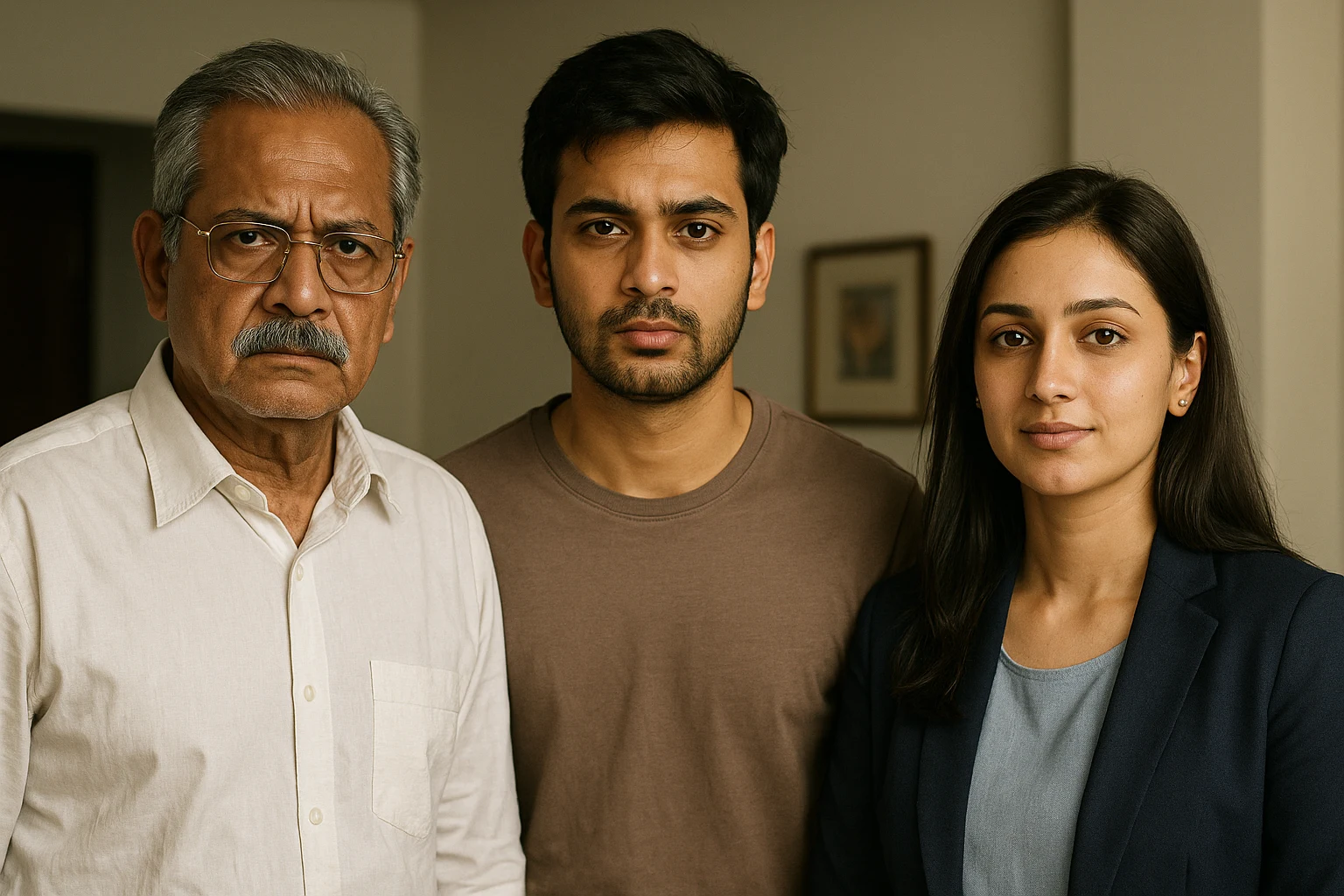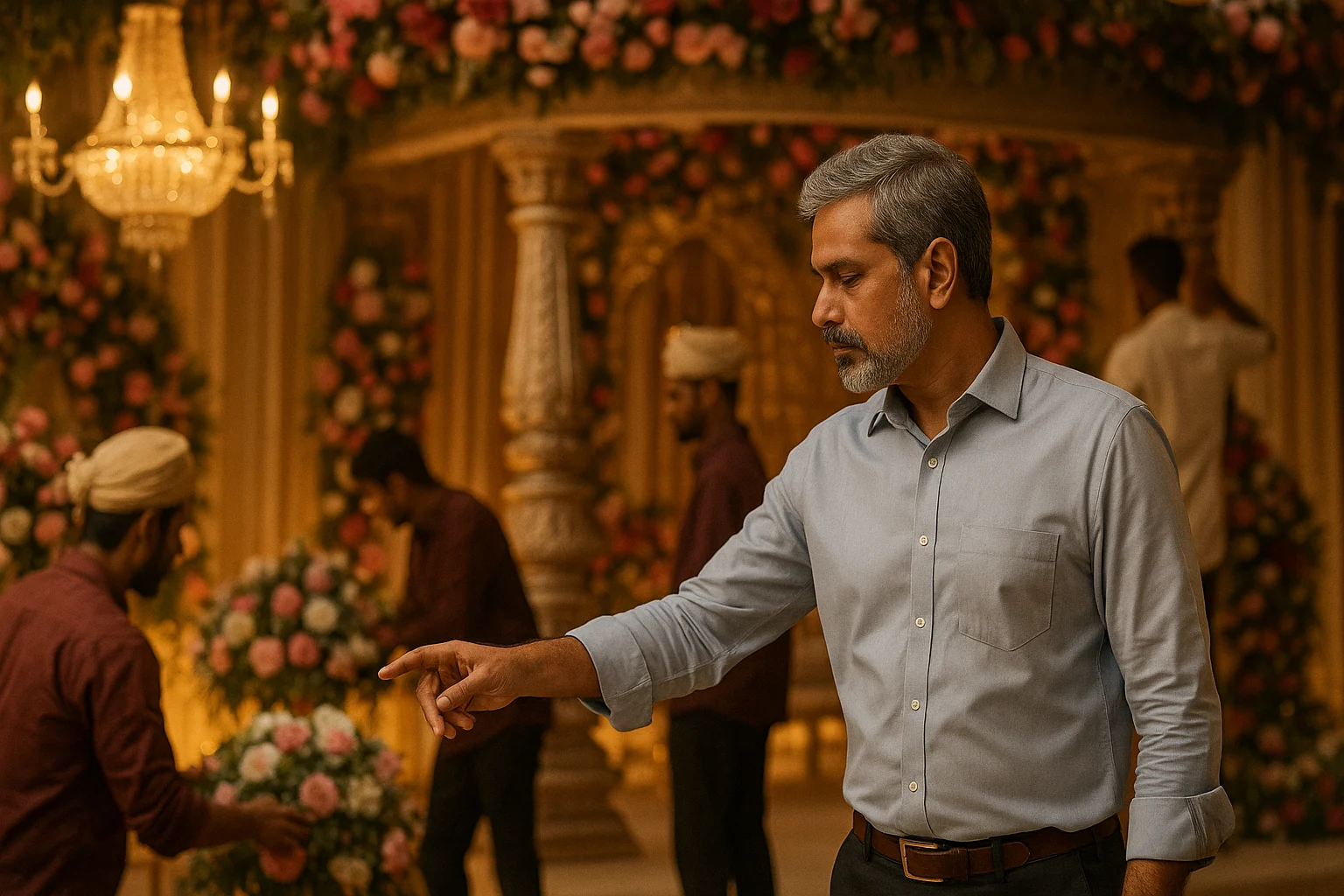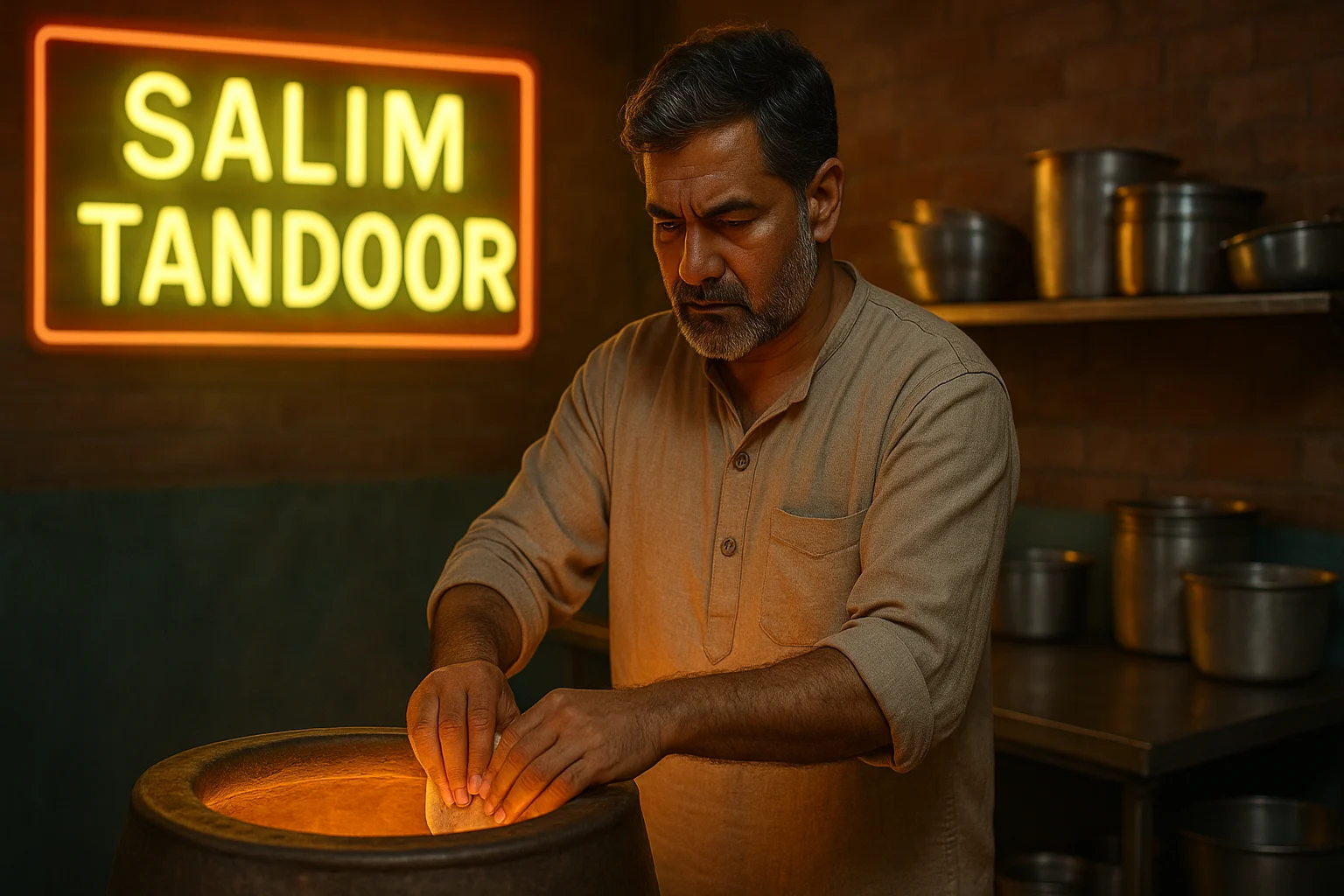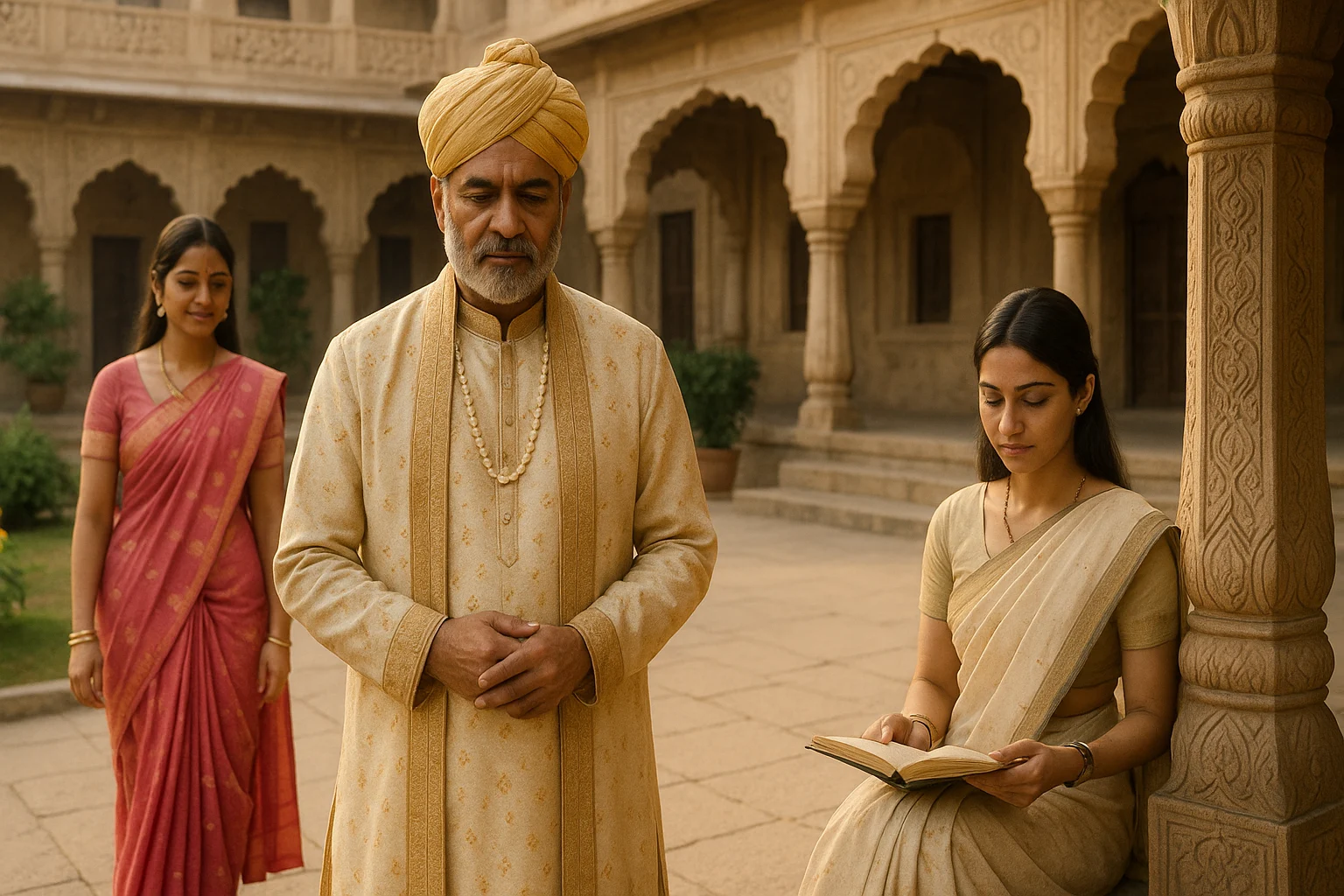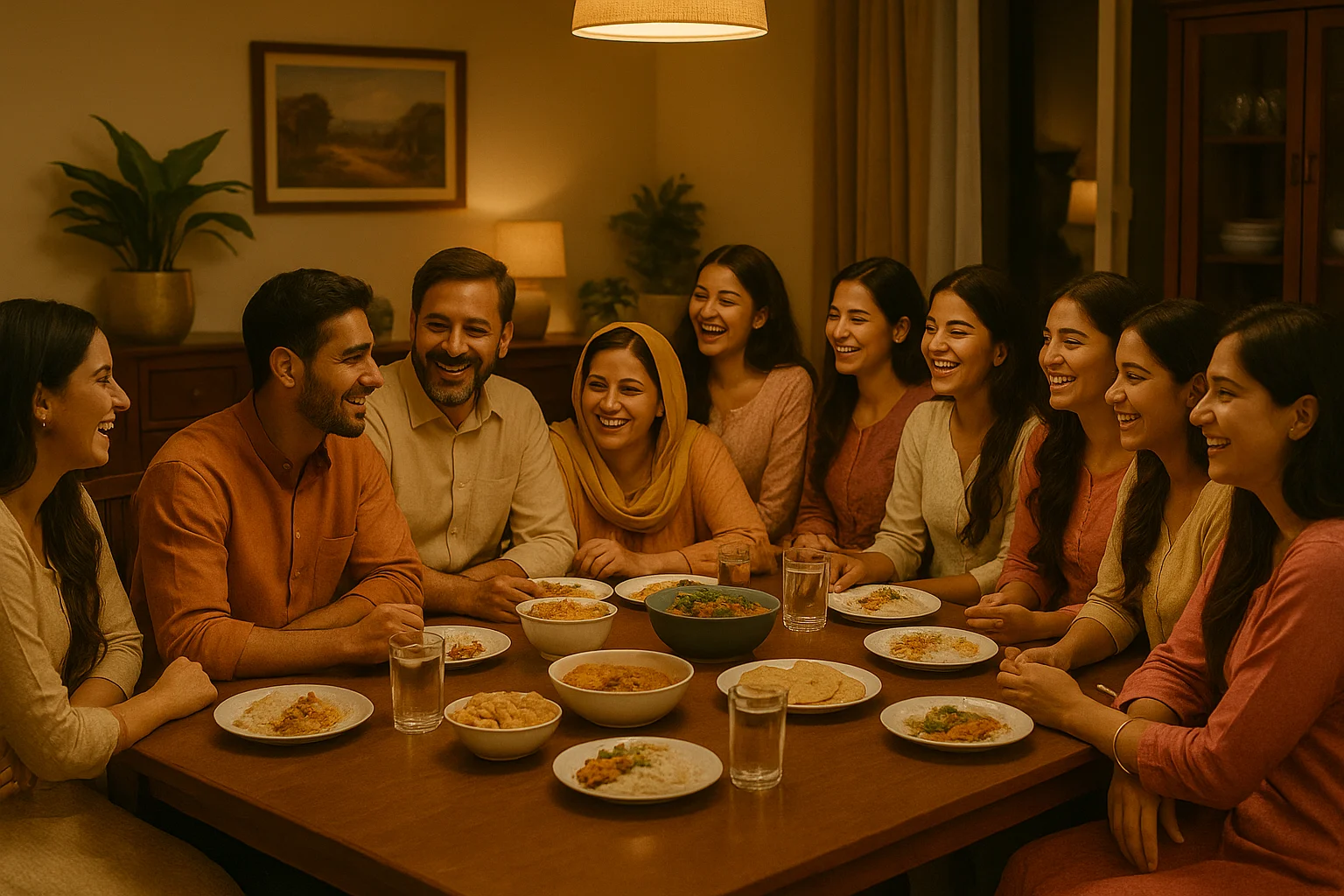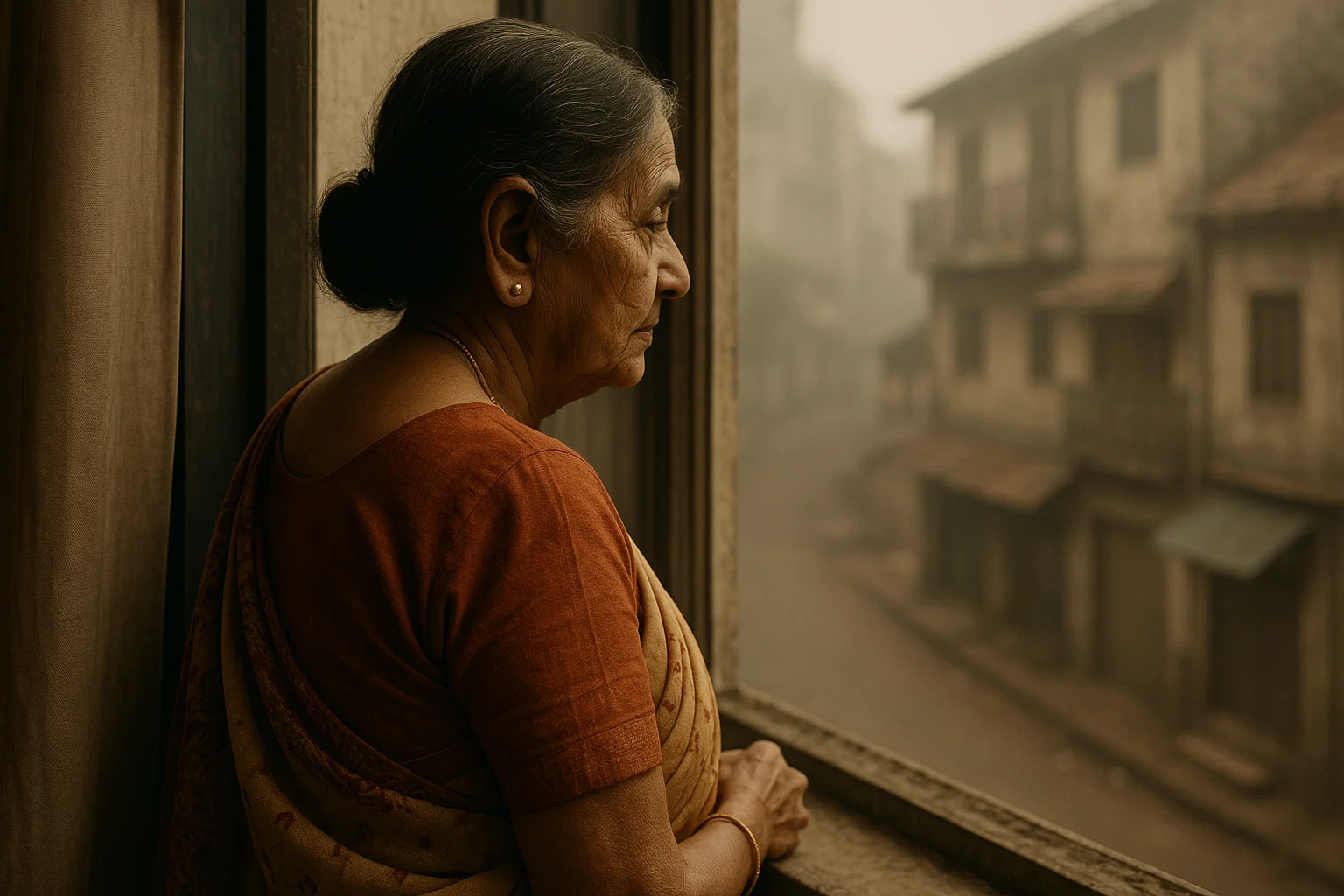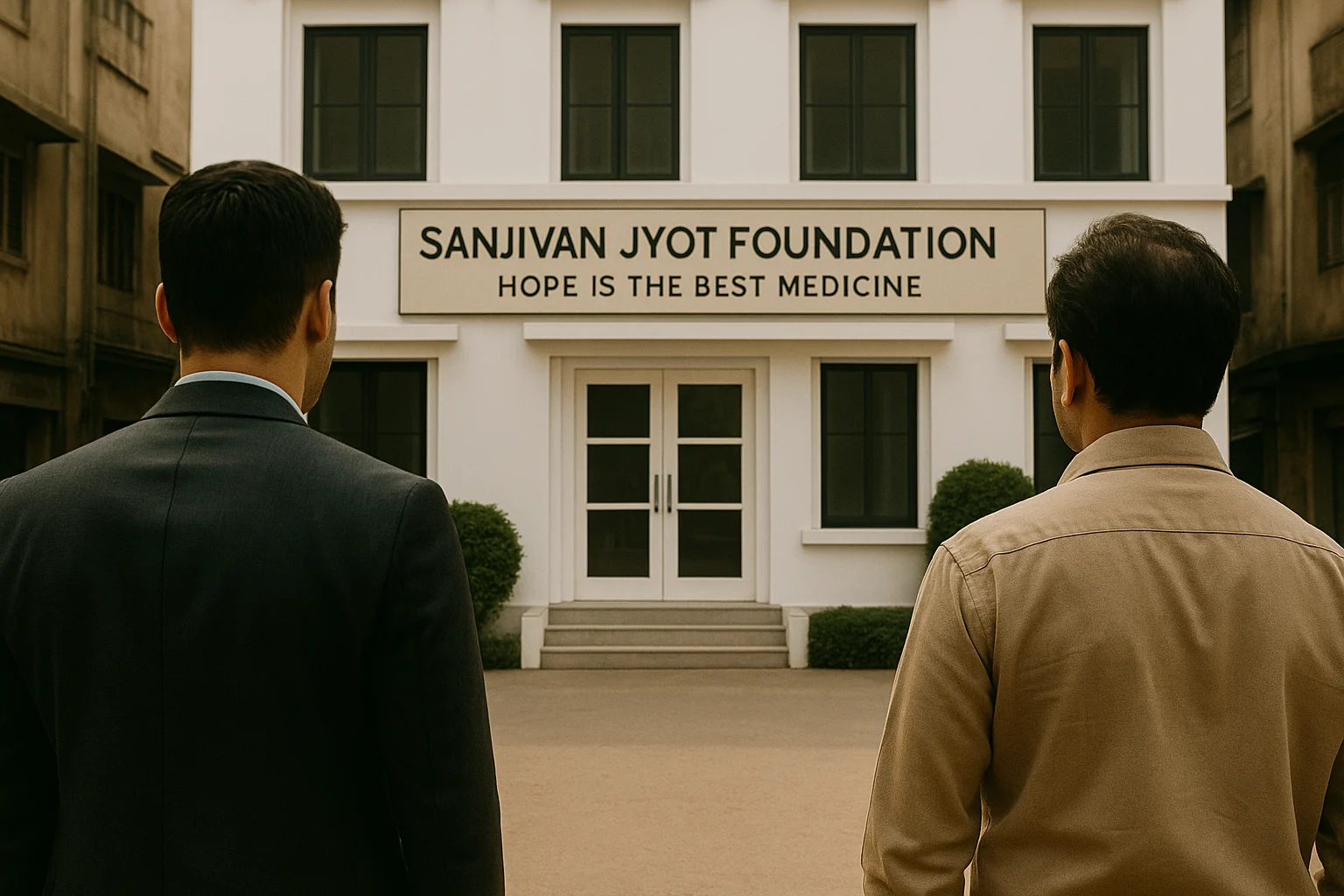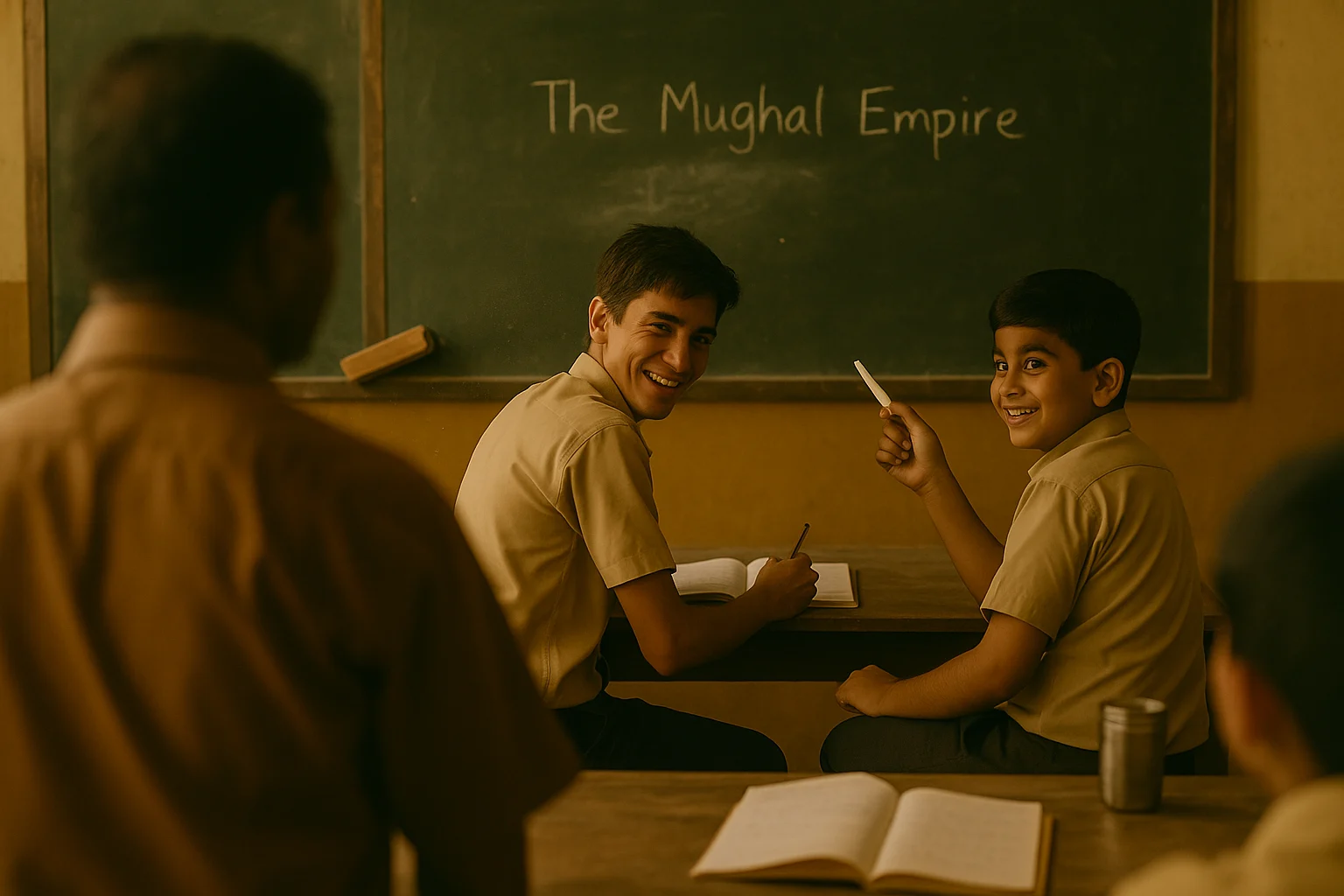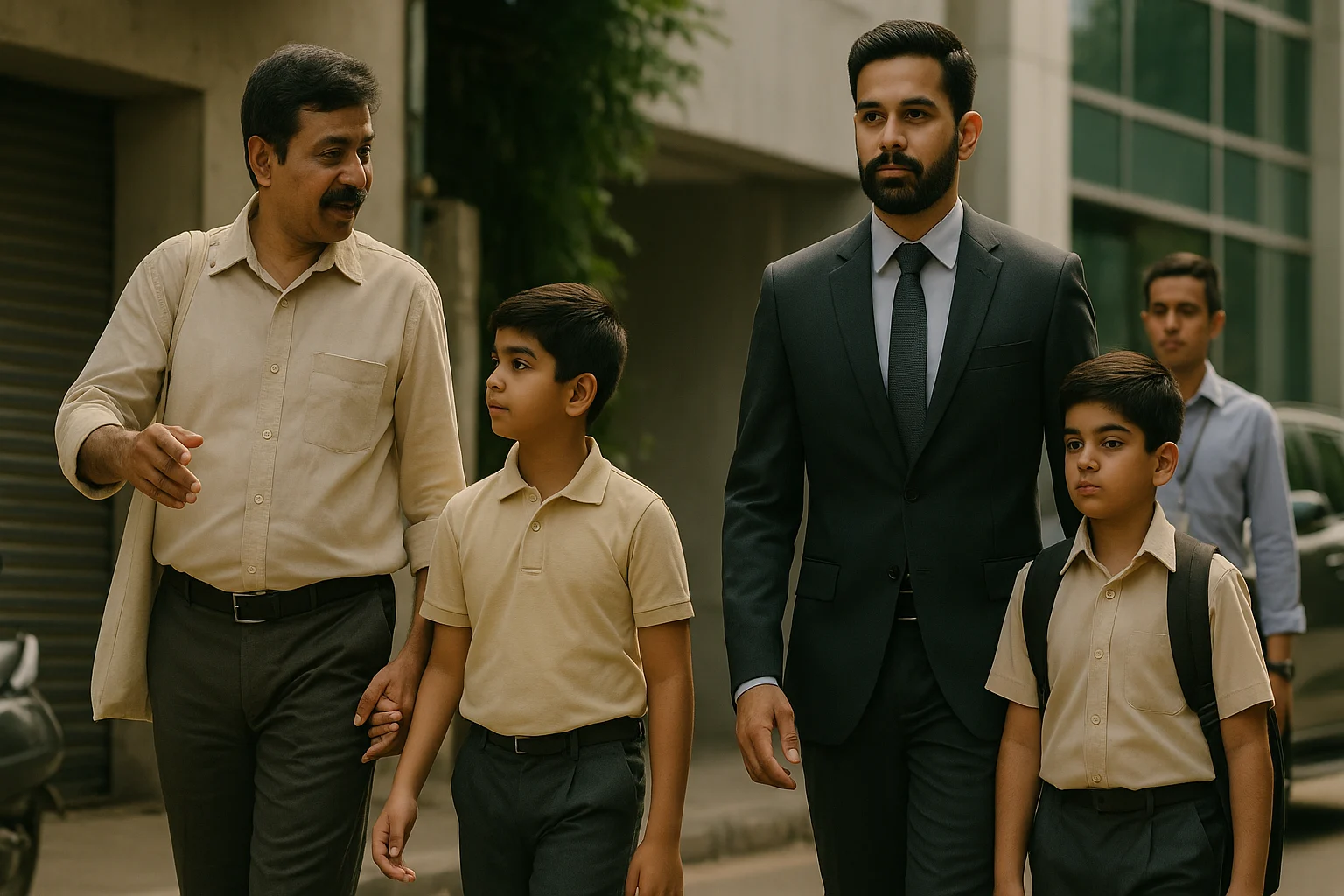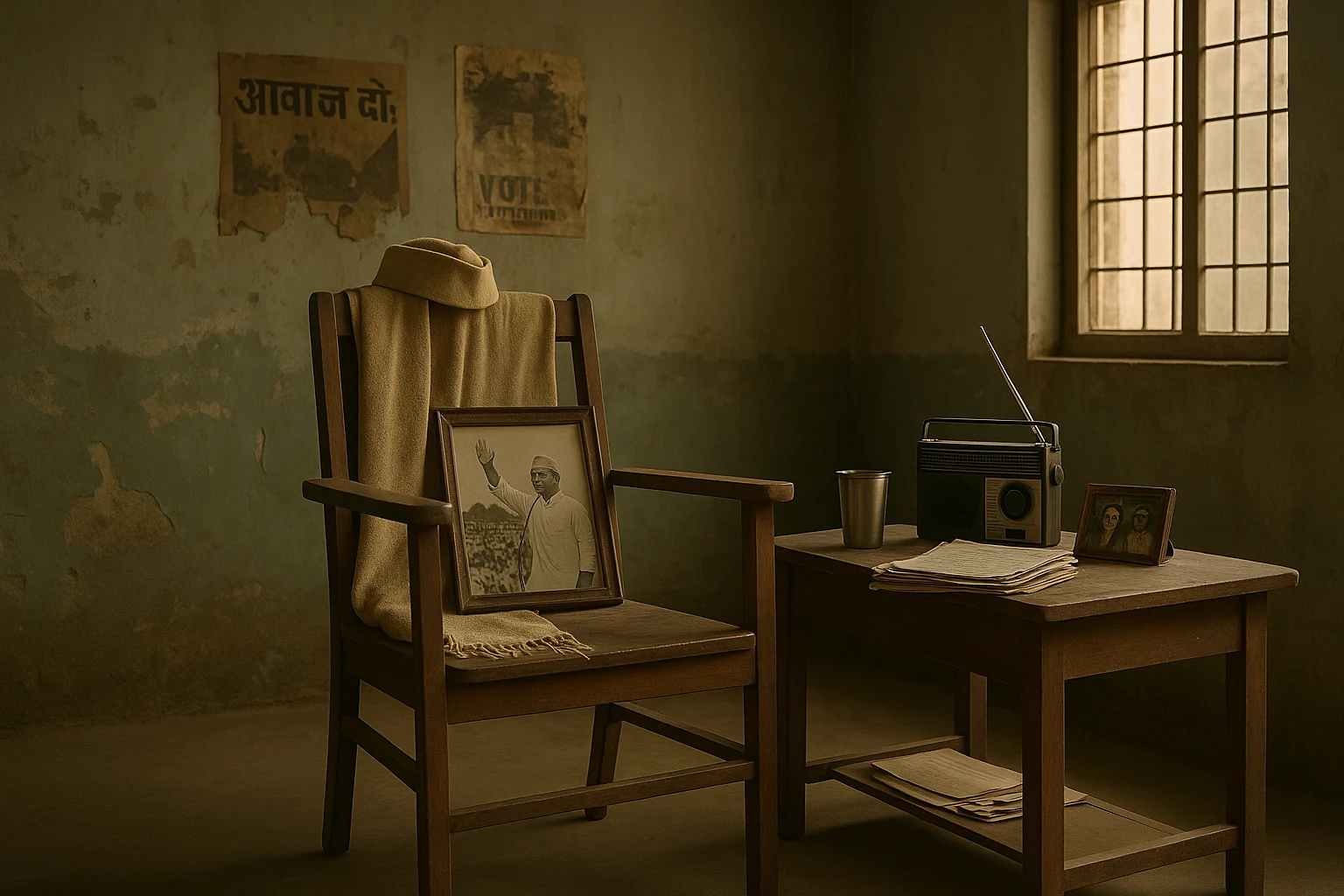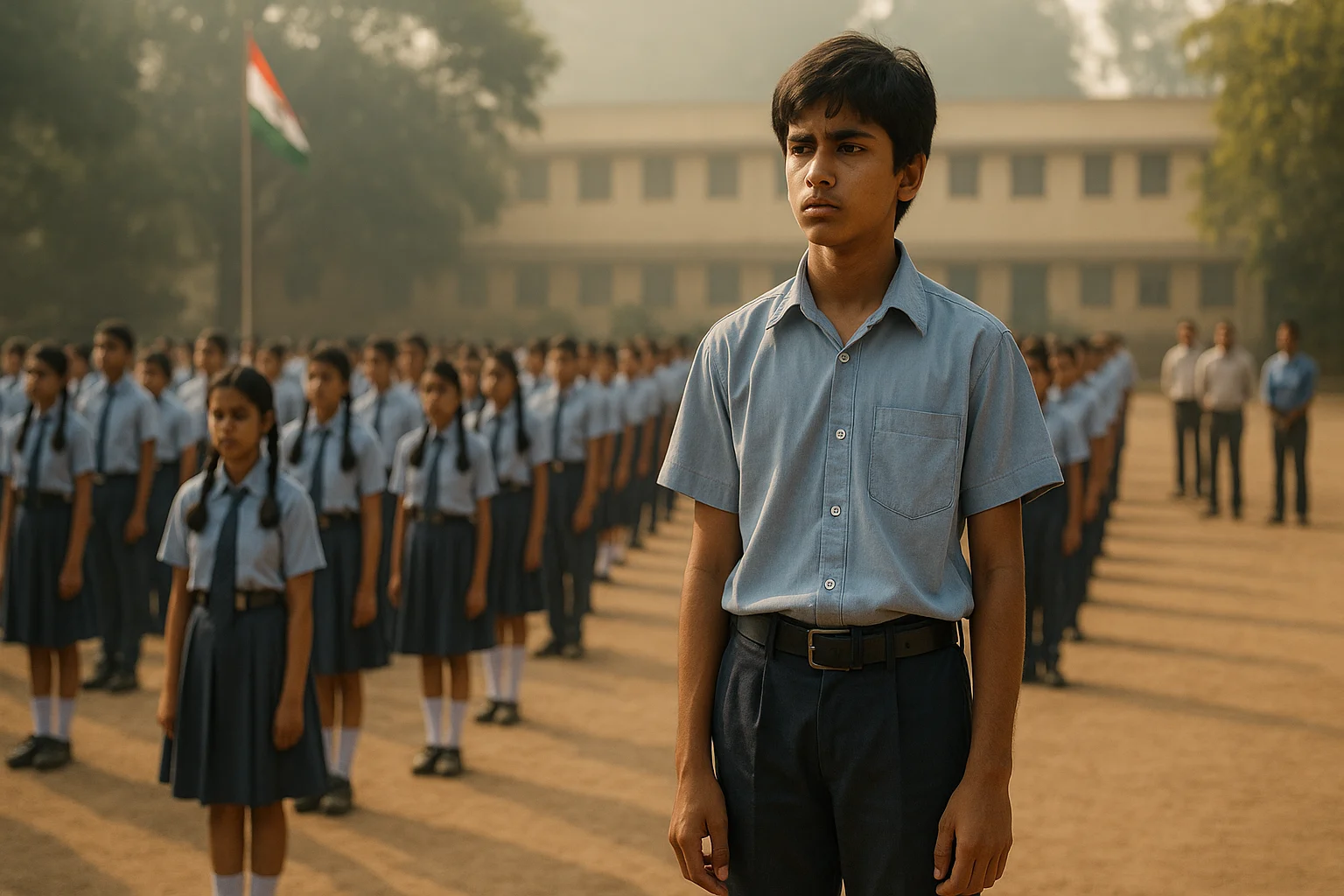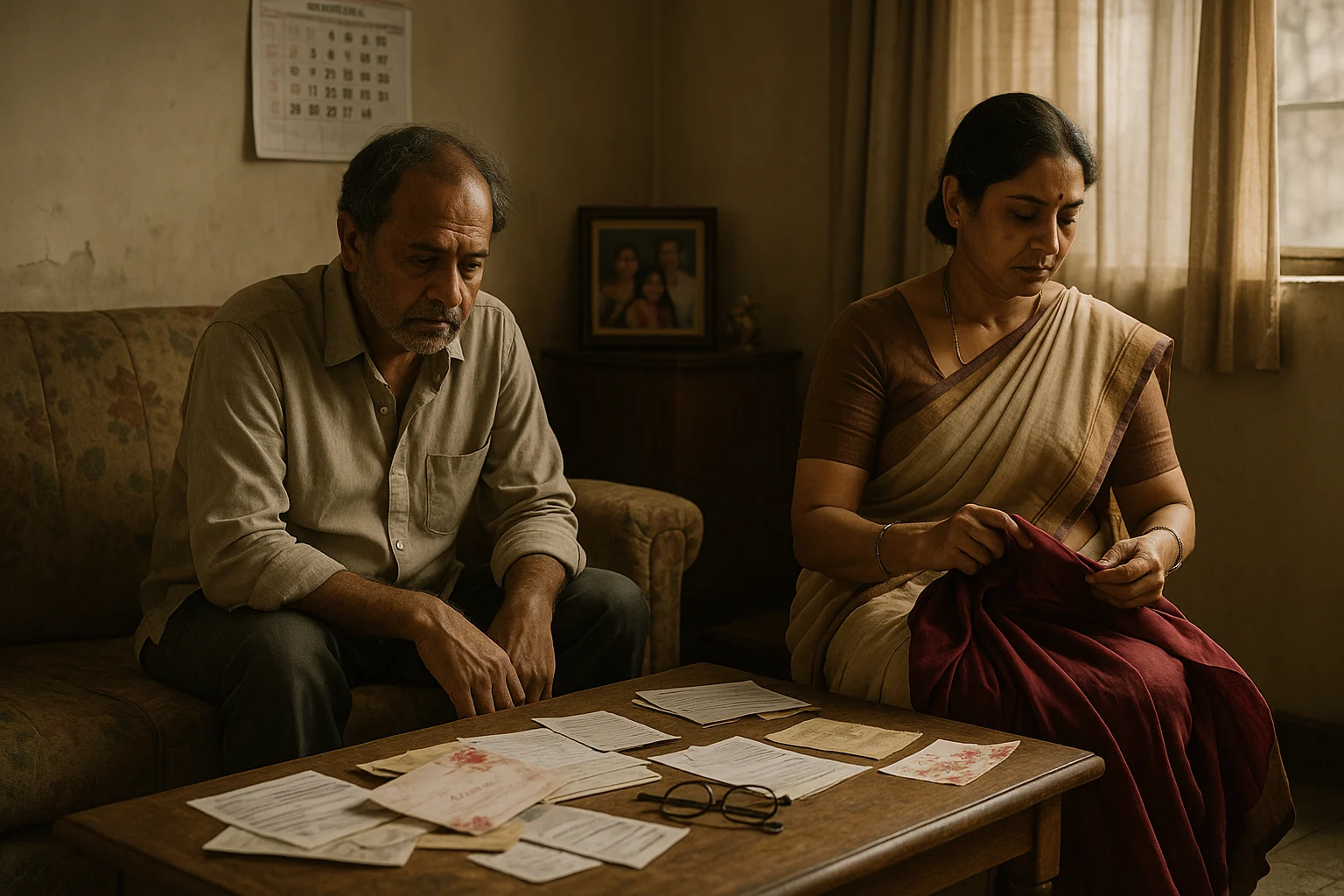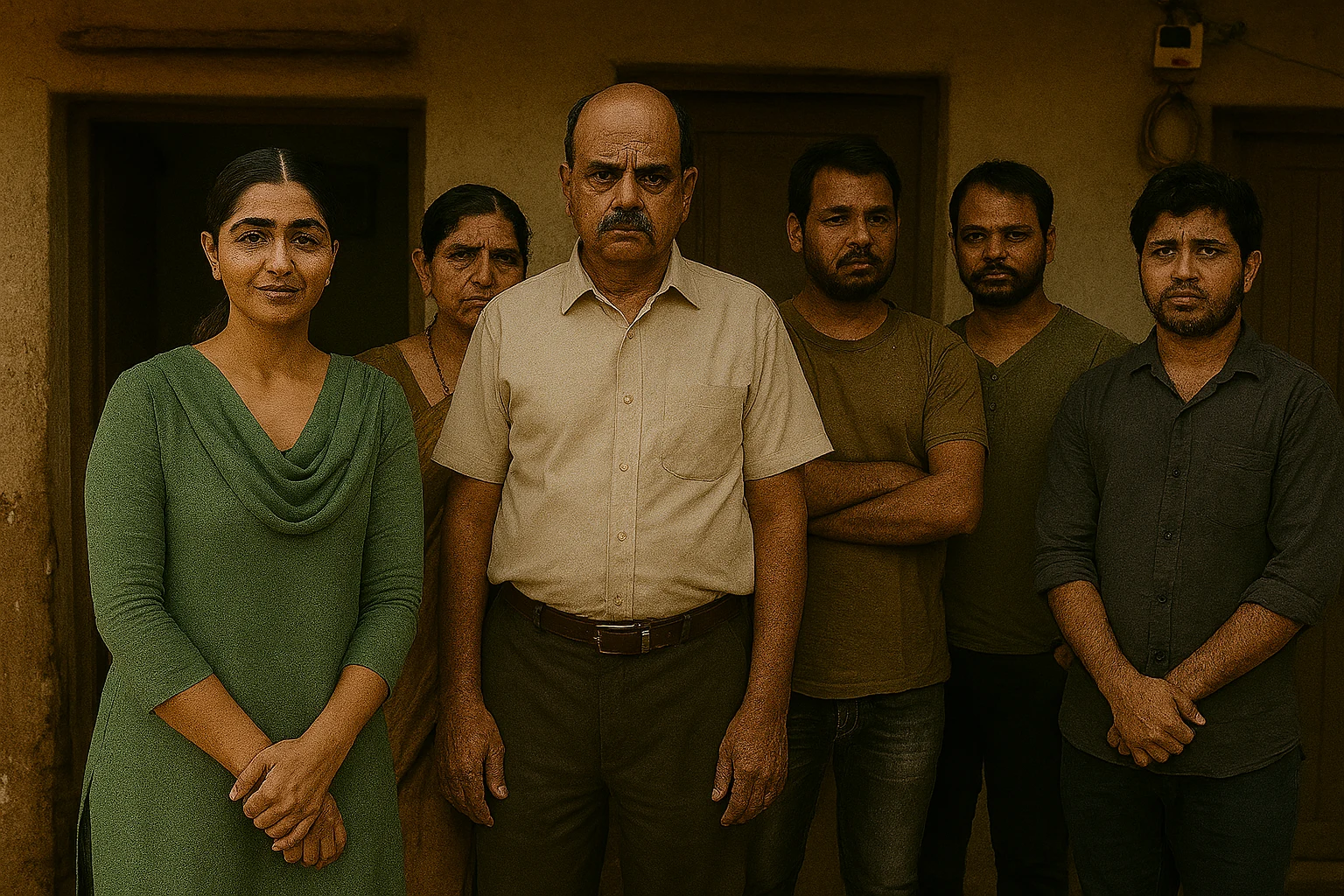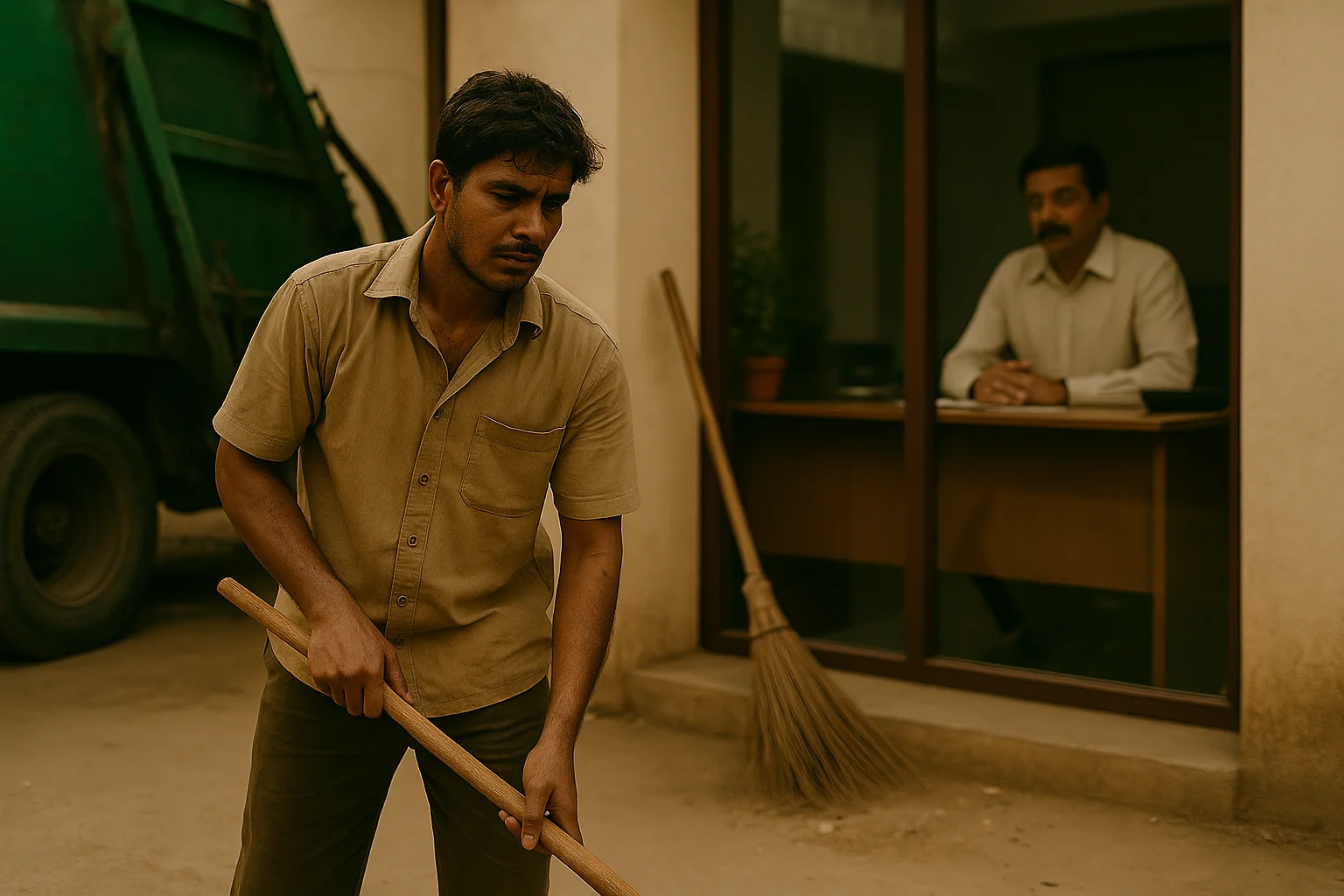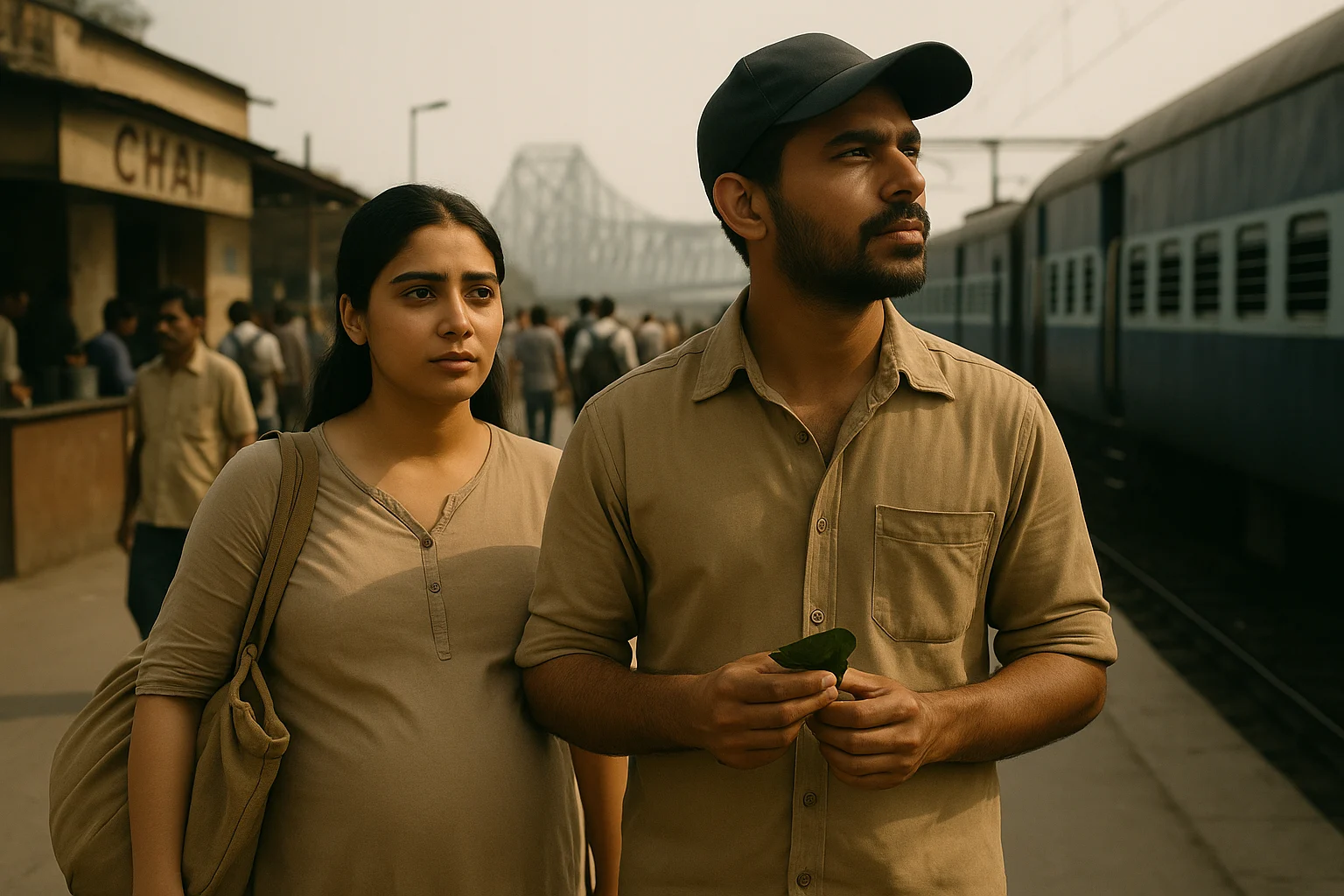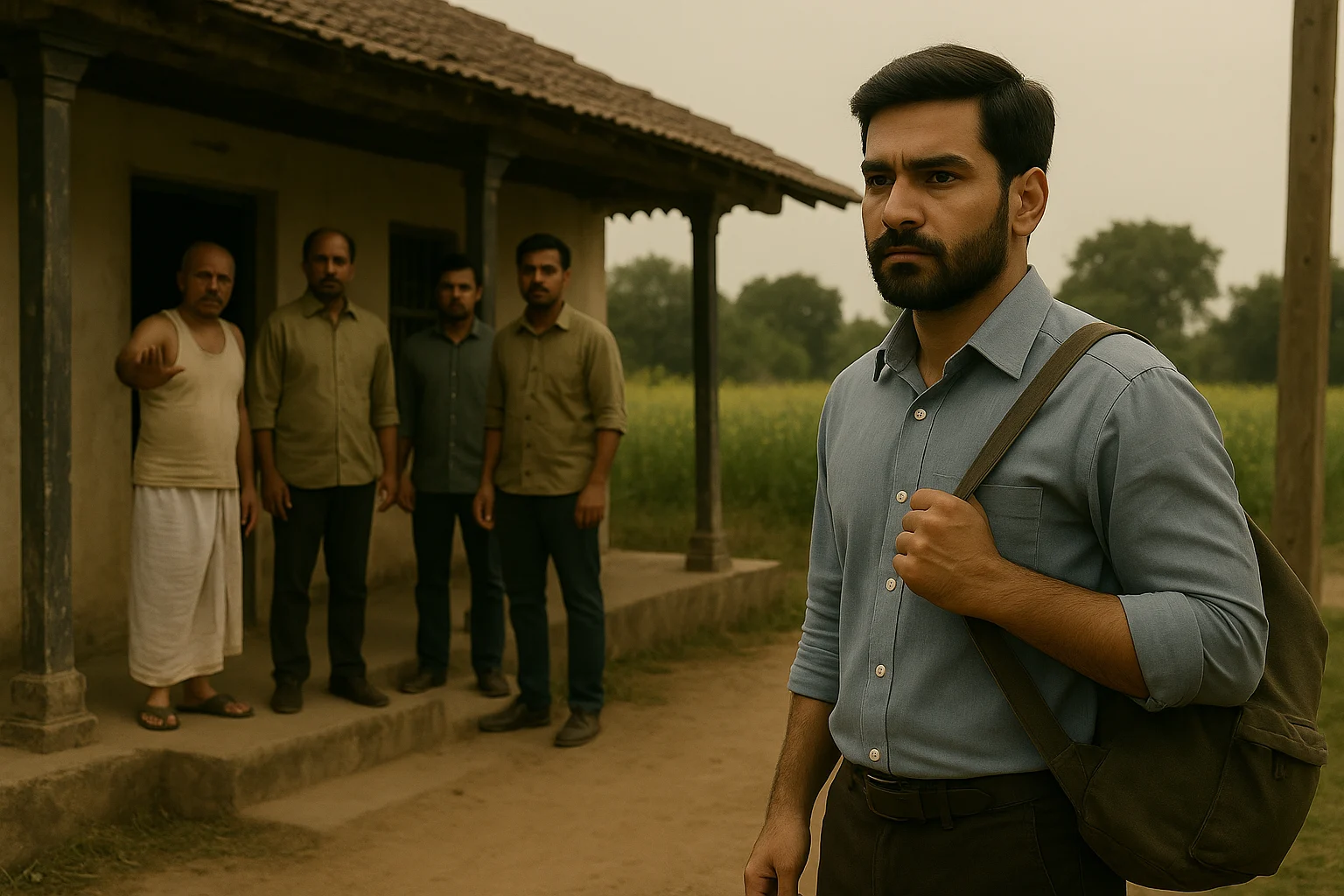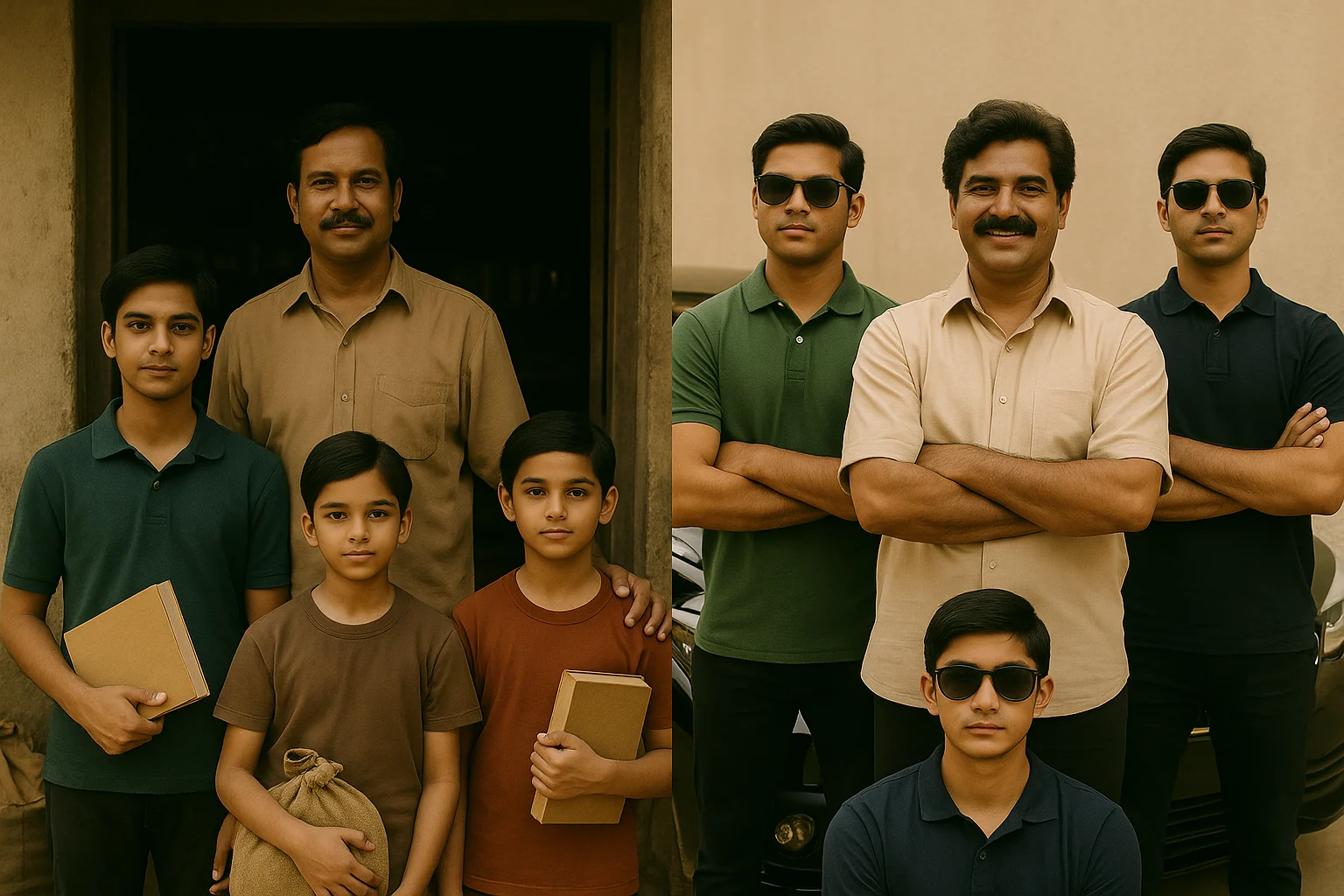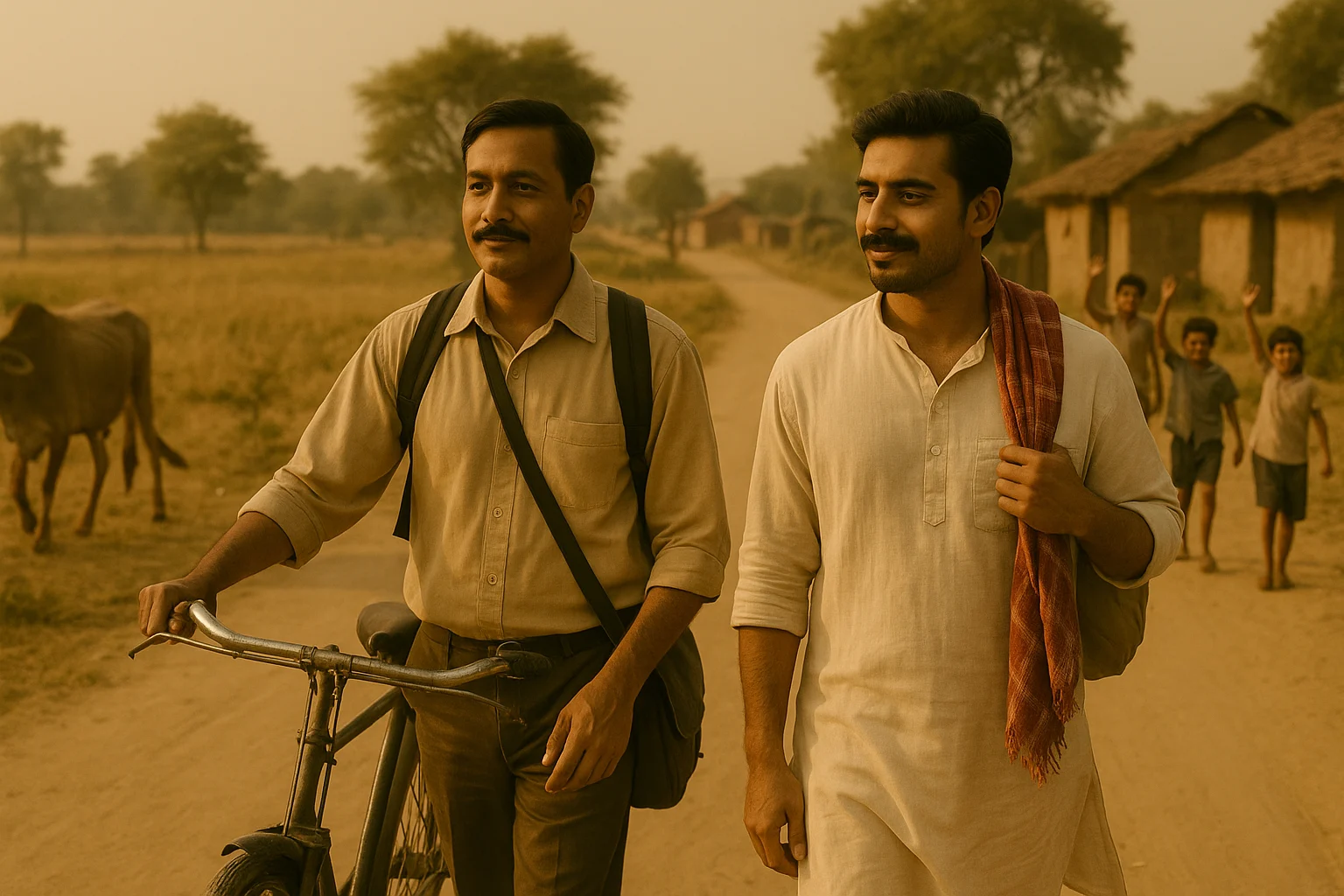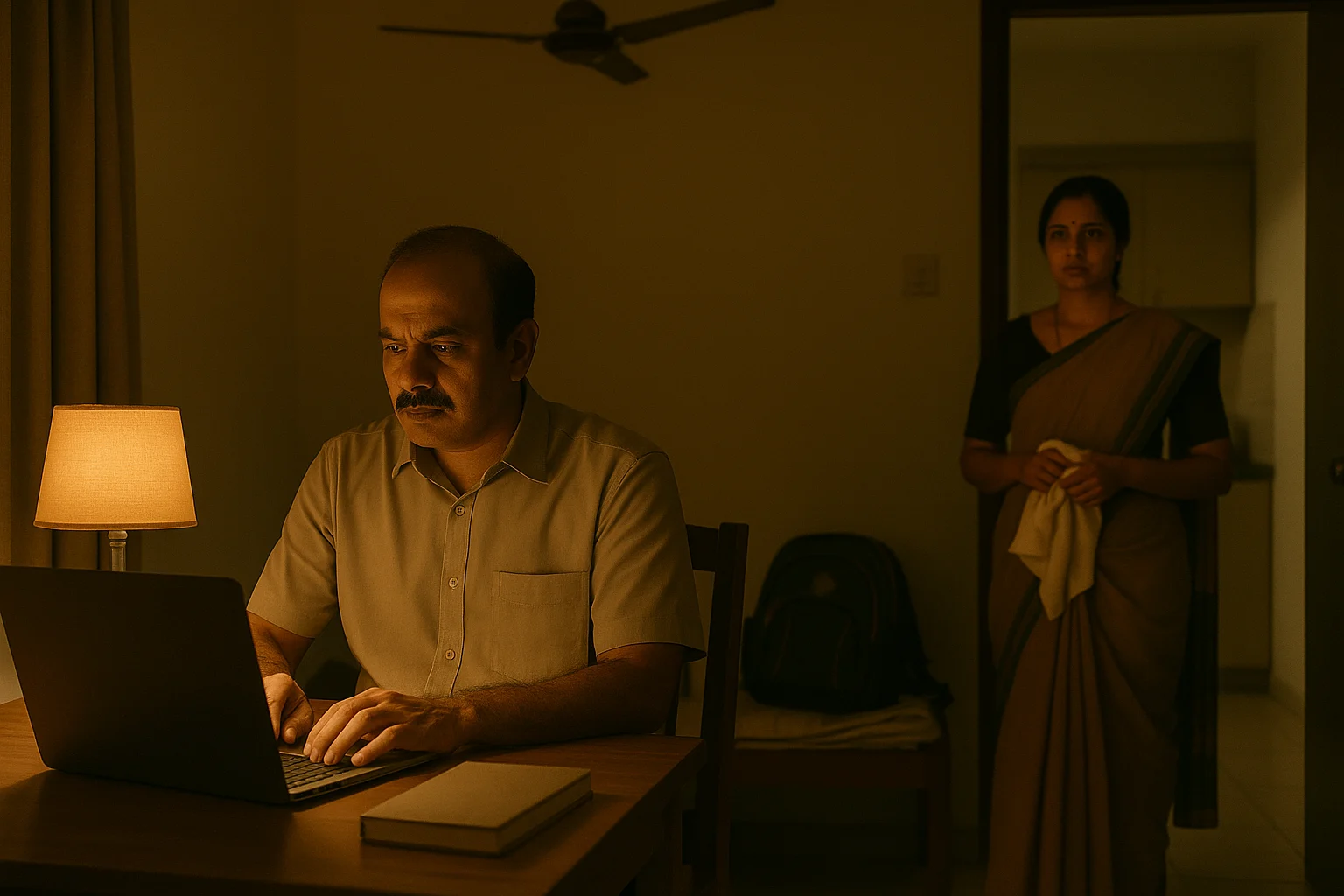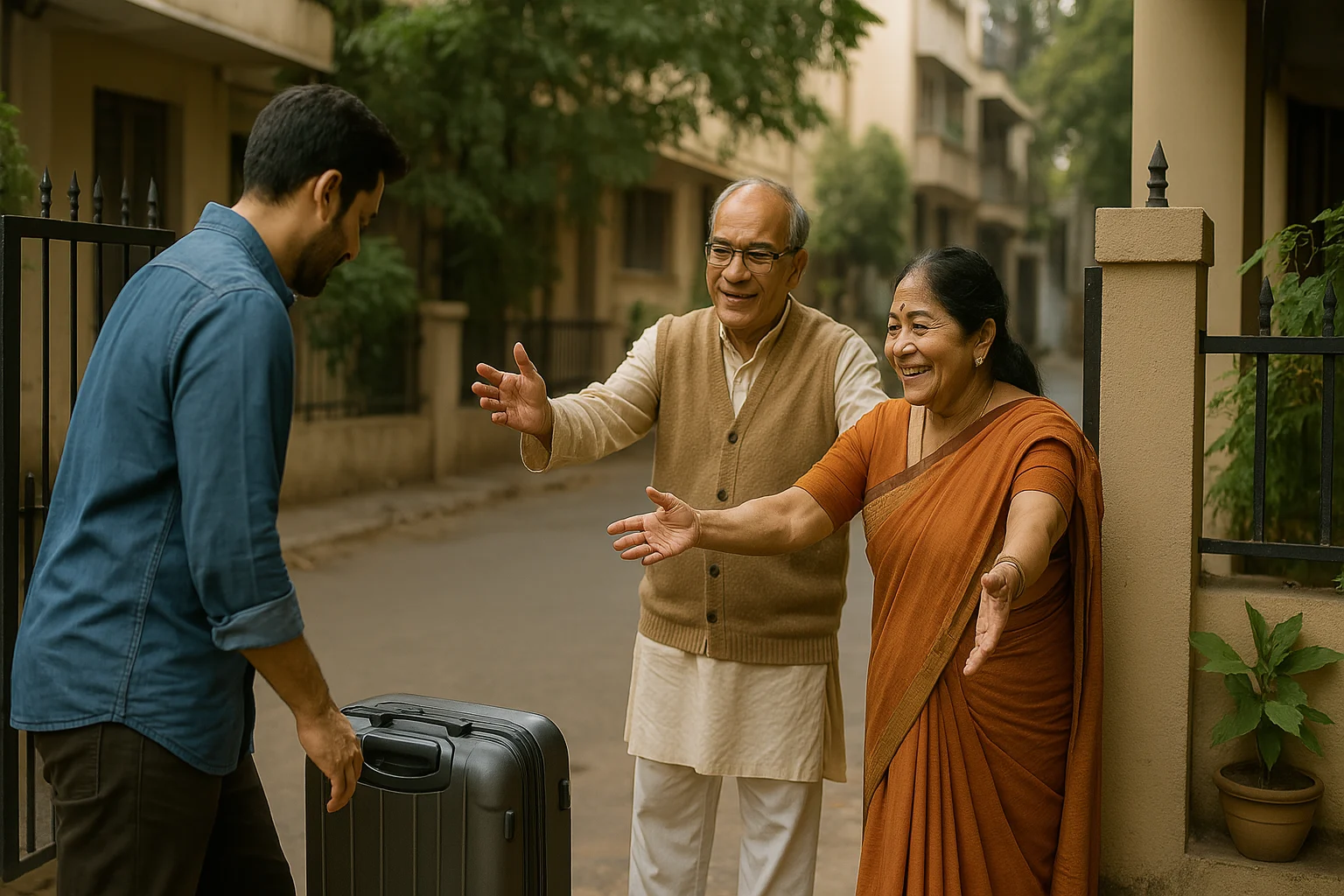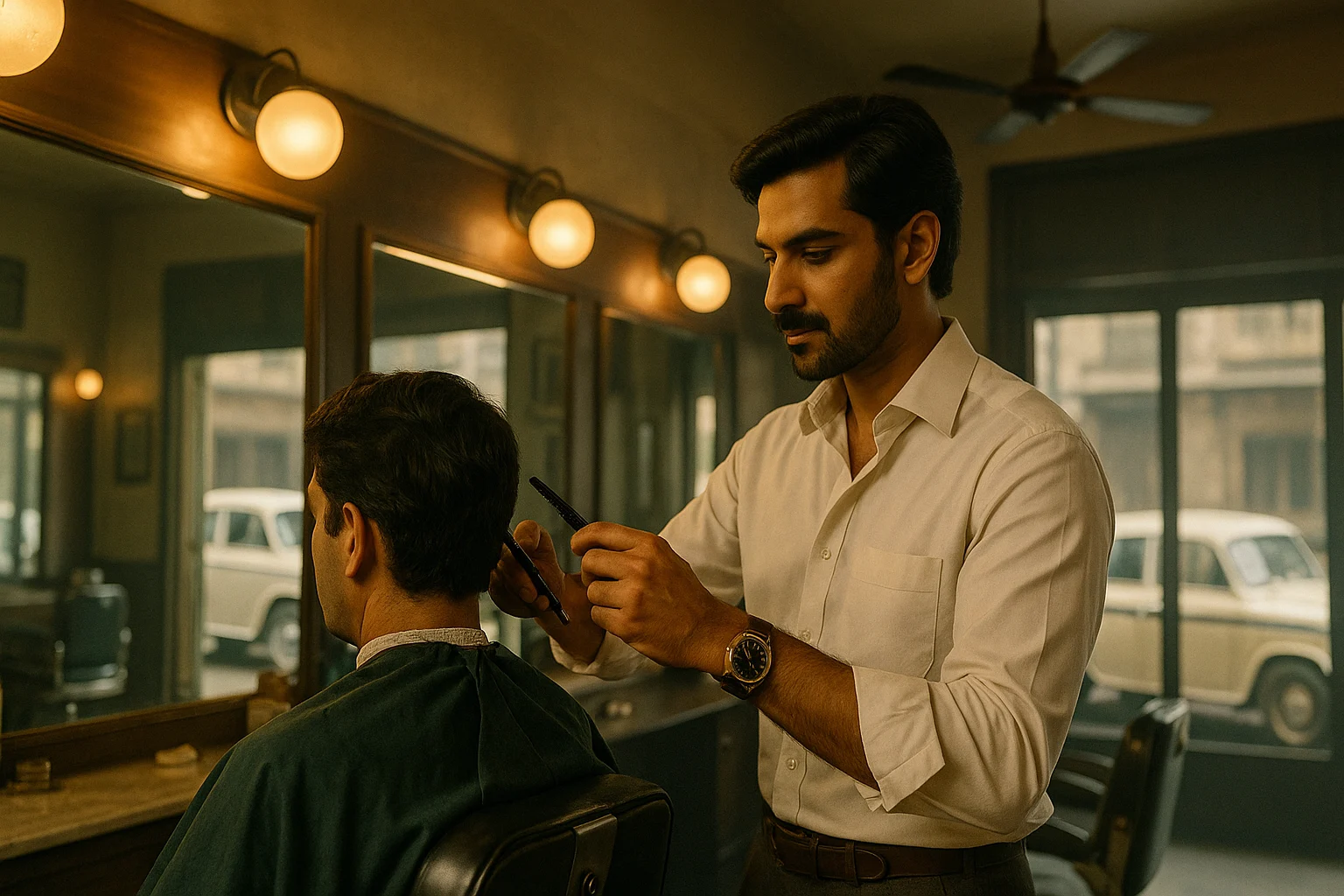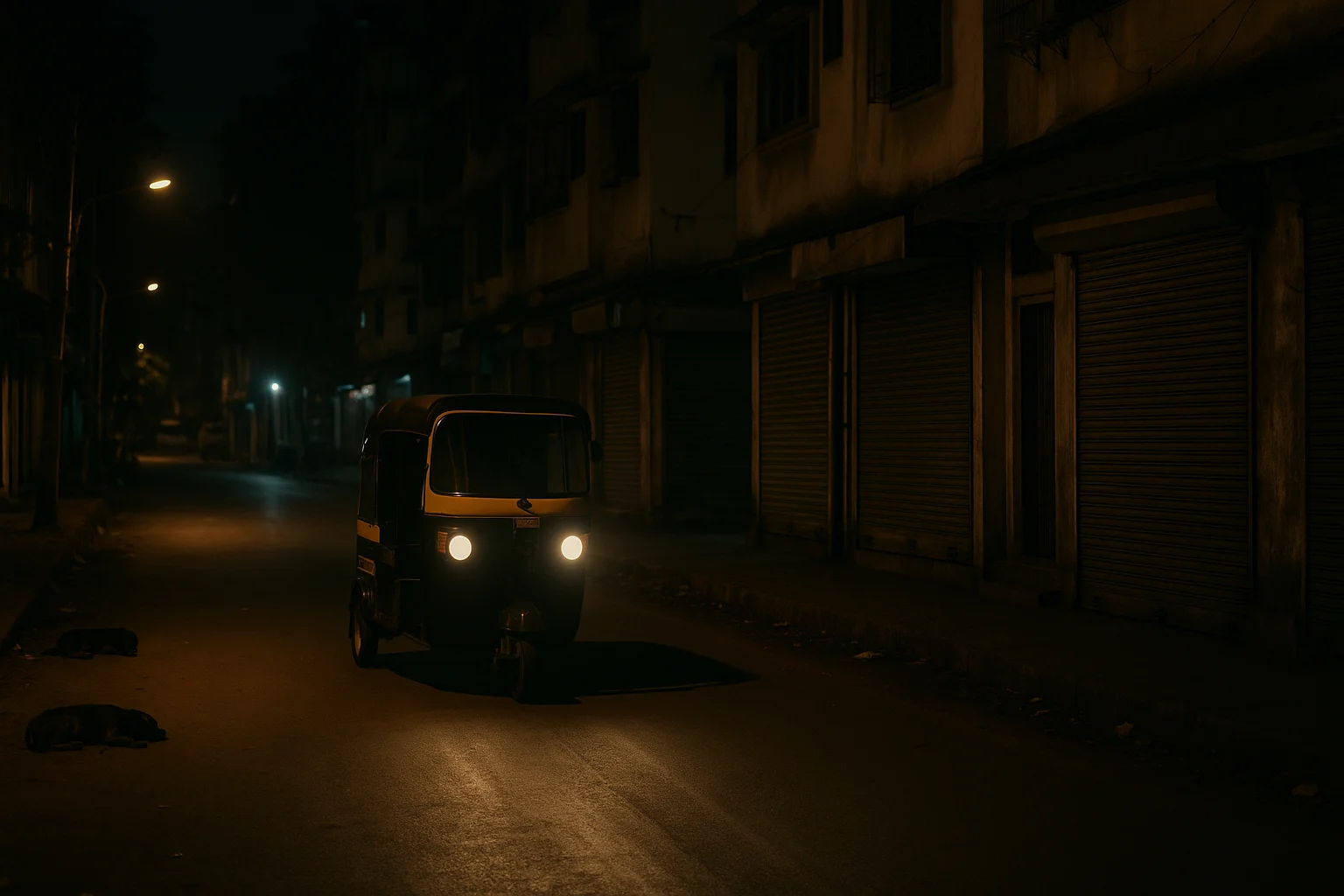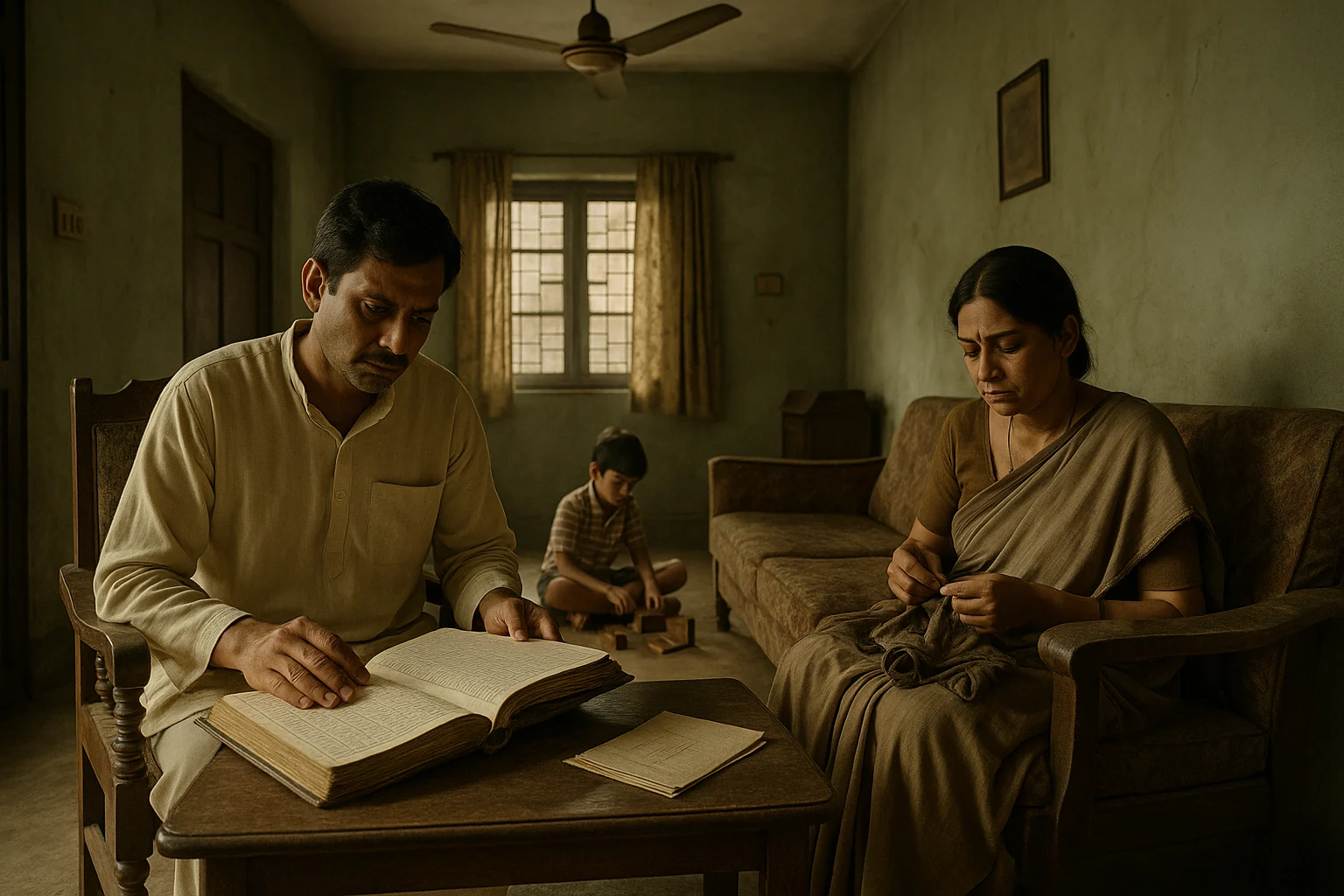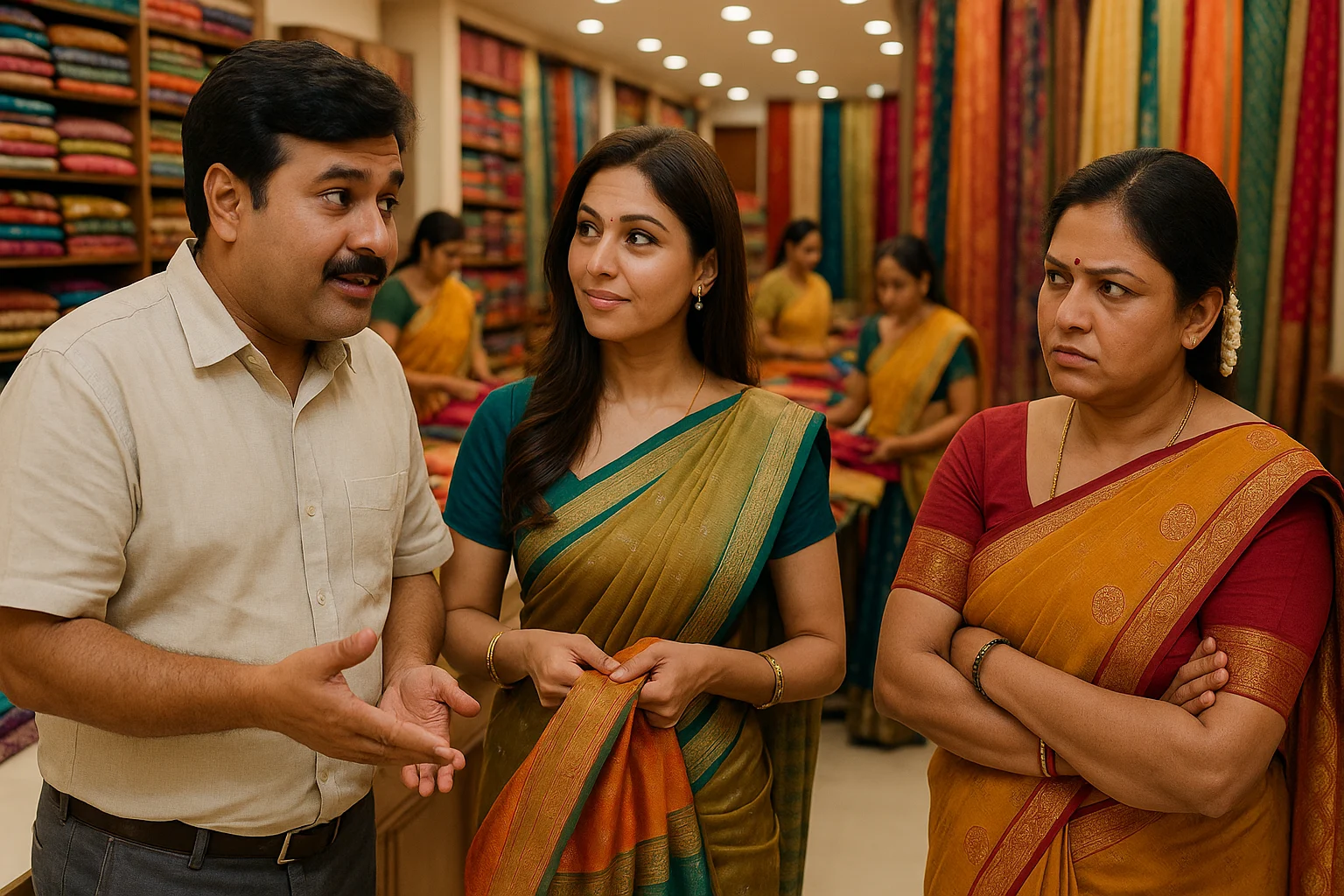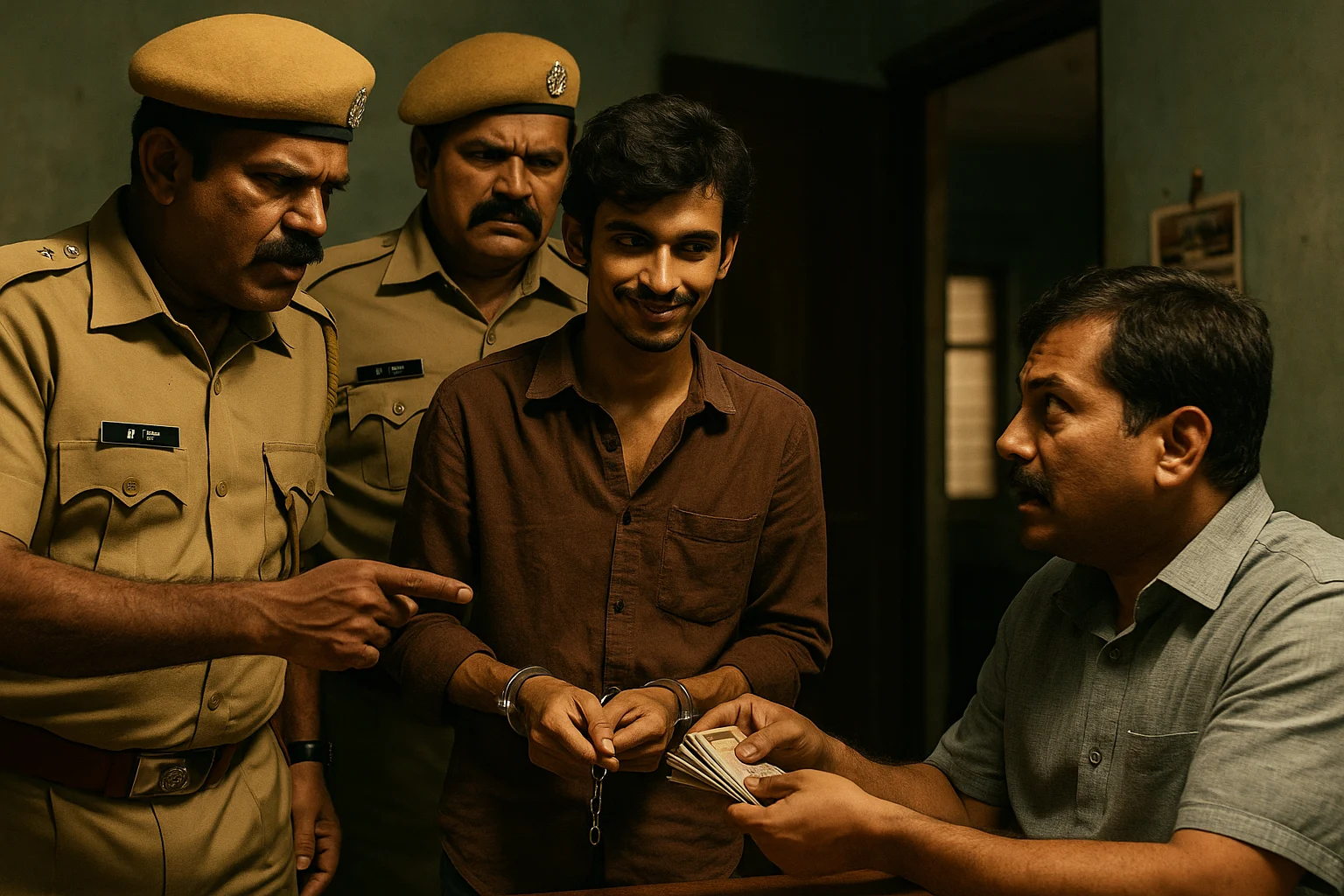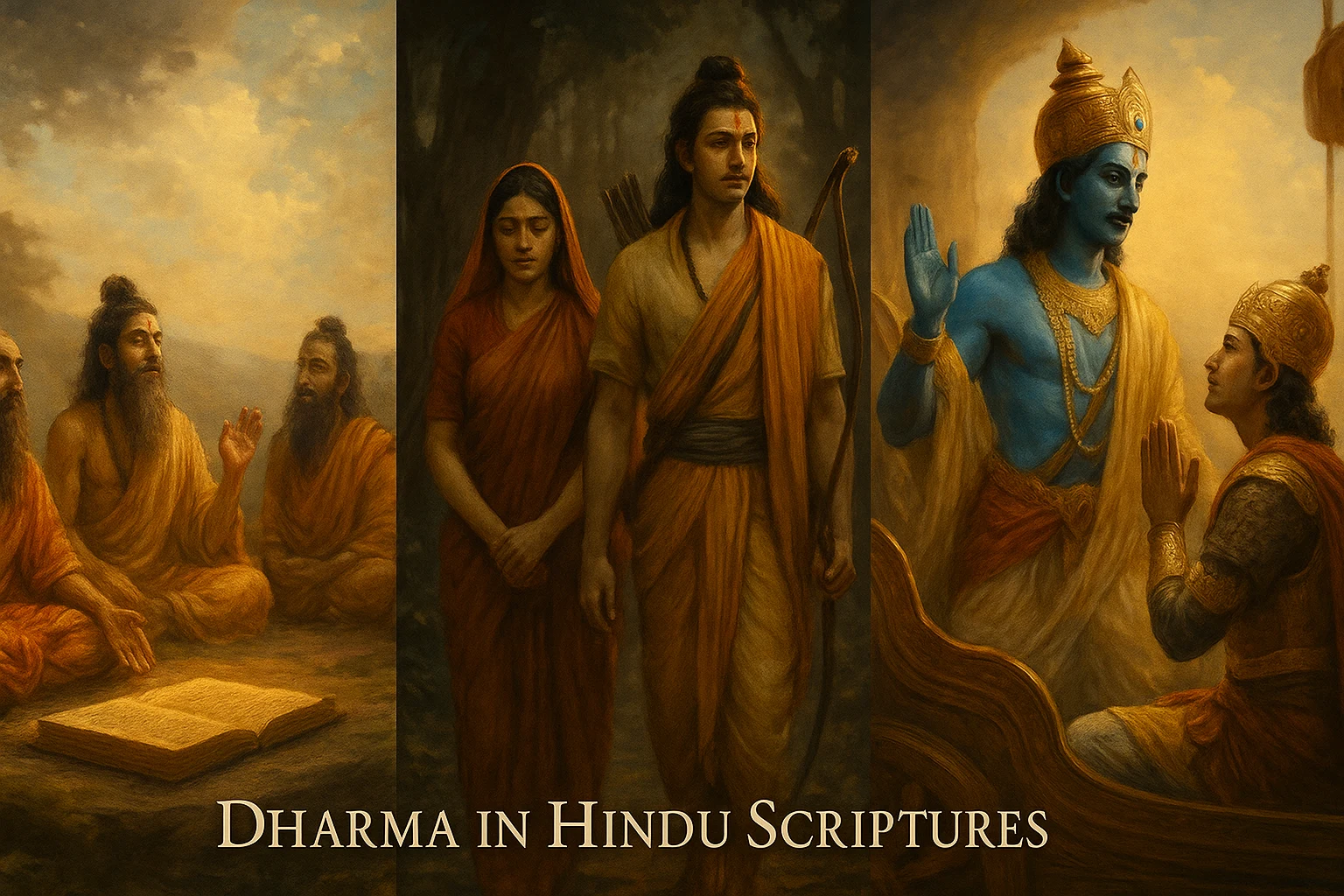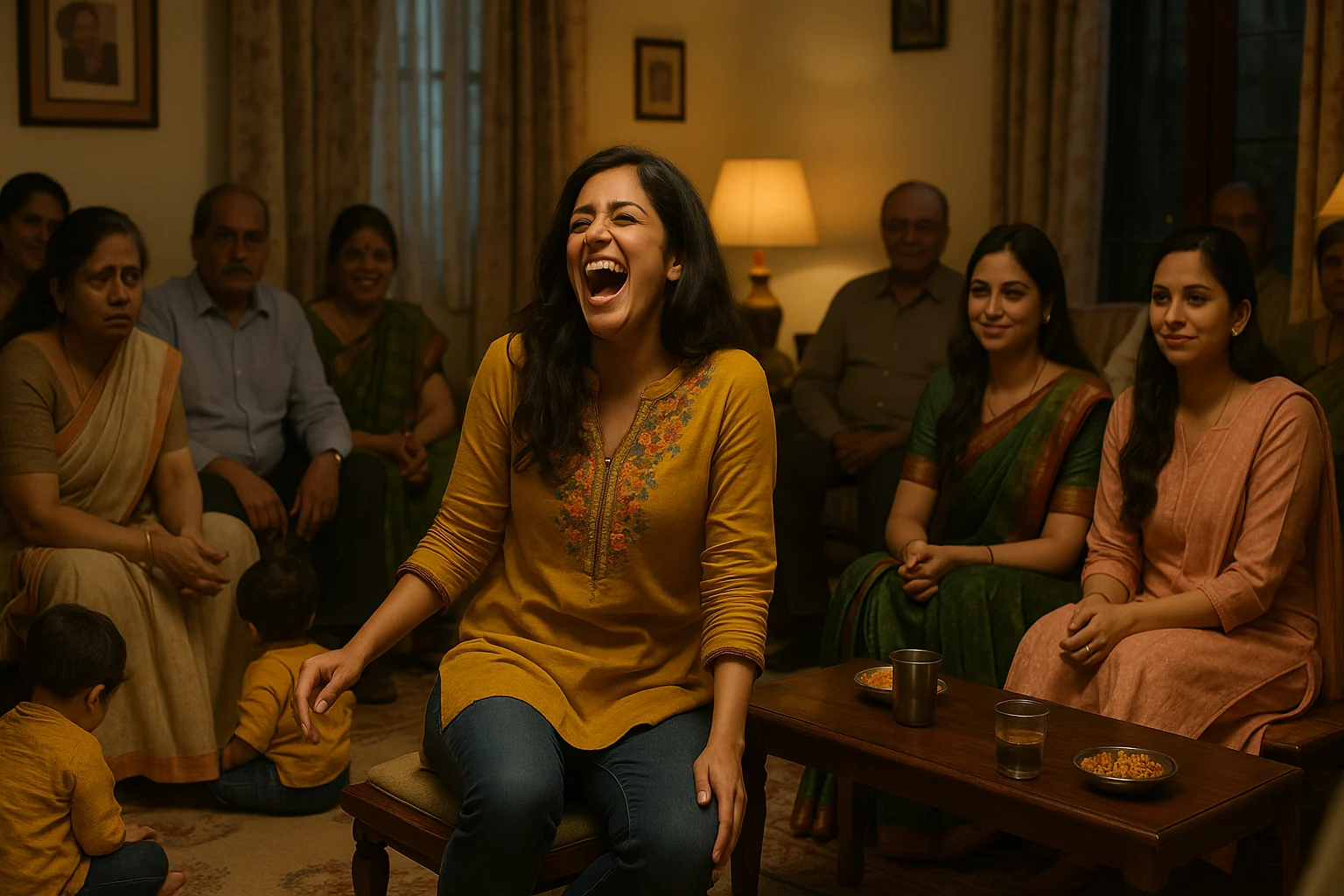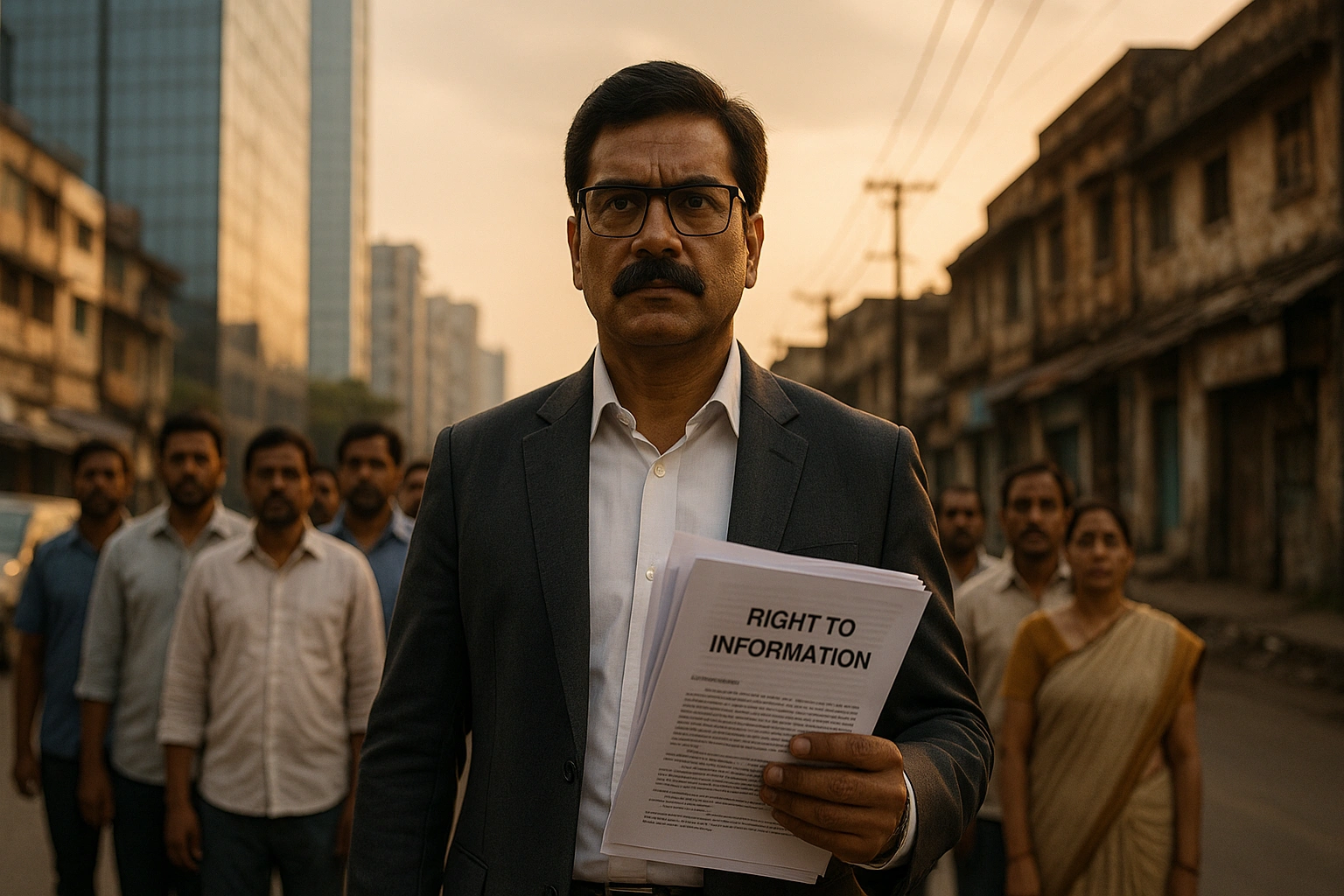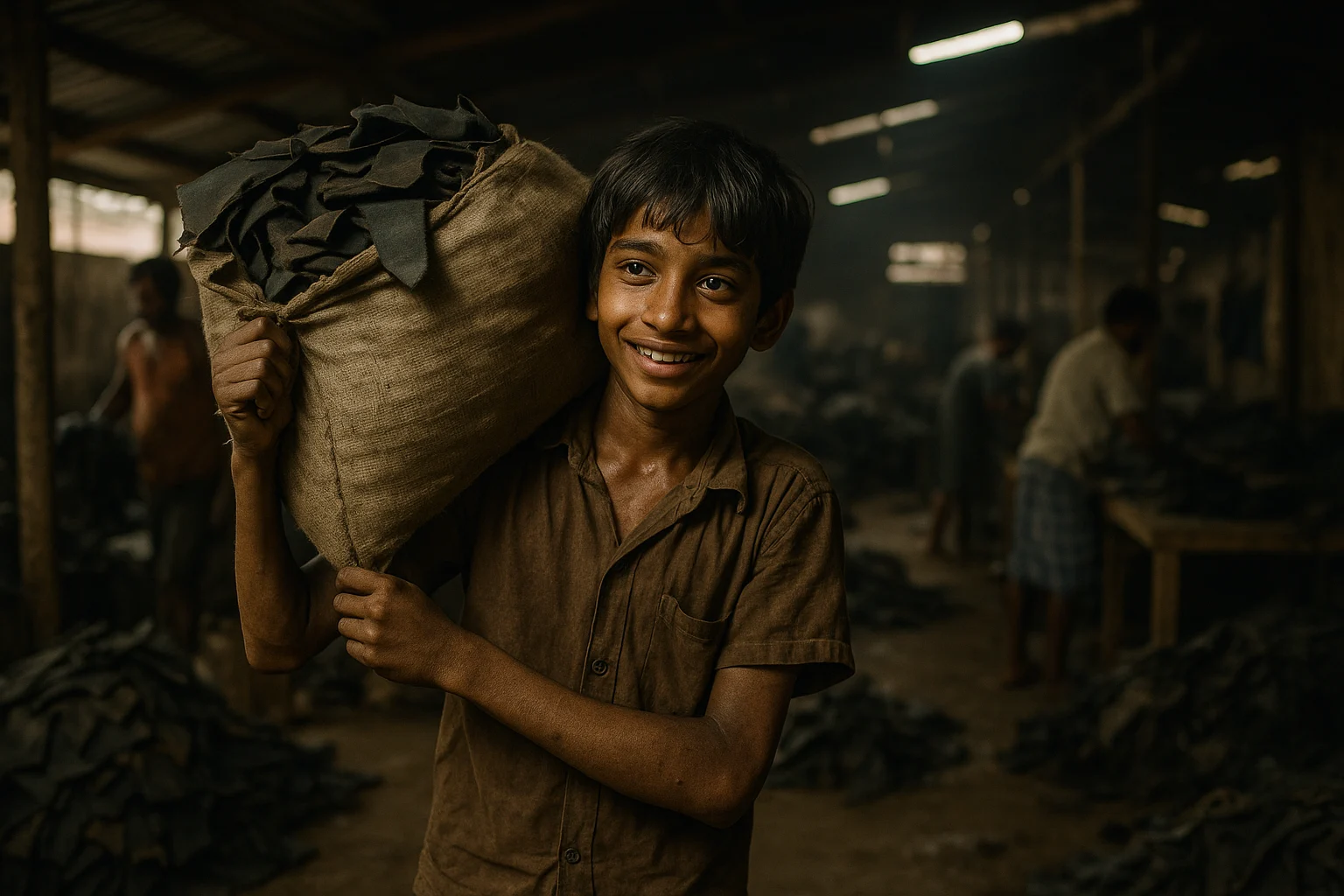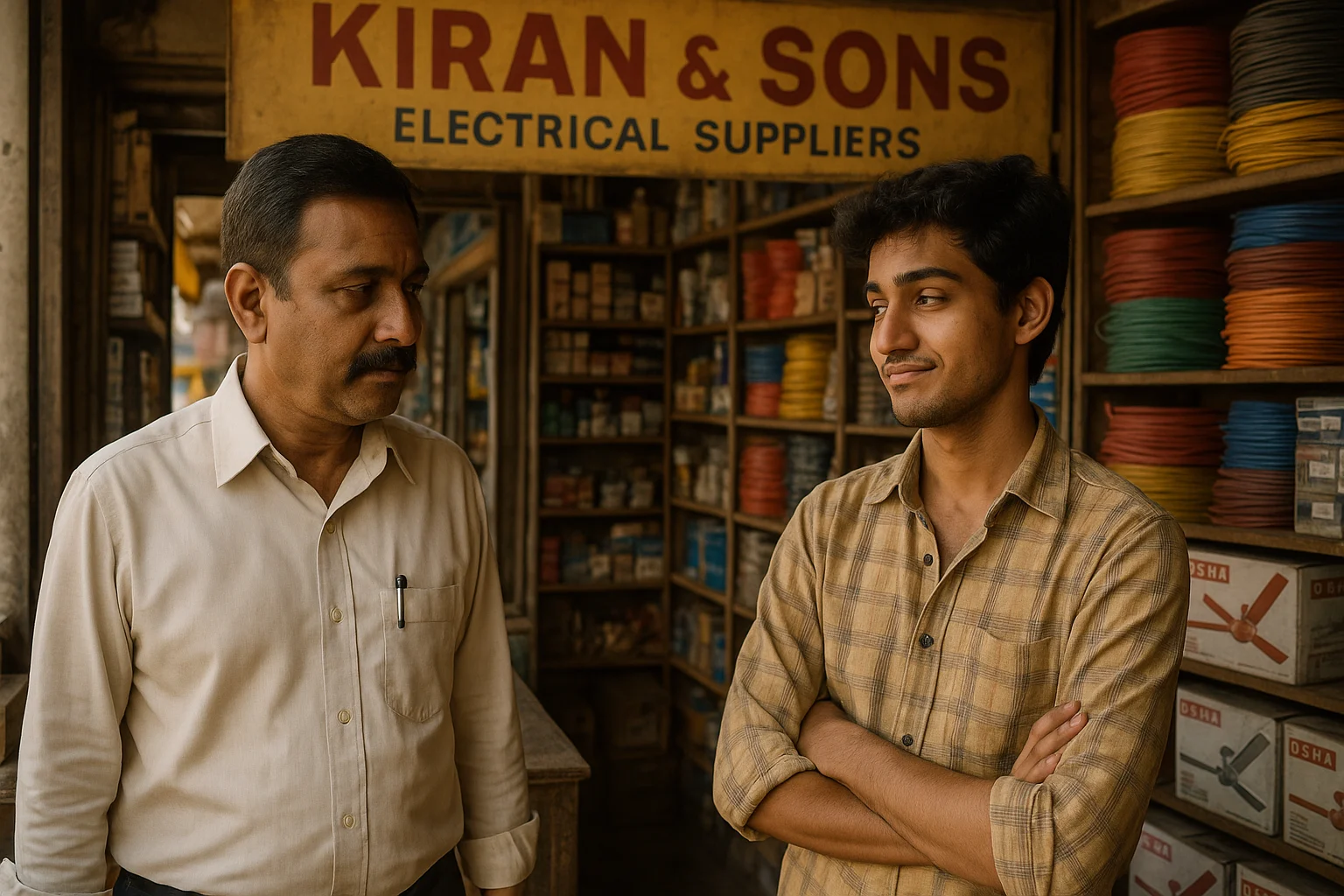1. The Rise of a Young Star
The city of Gurugram, Haryana, often seen as the modern face of India with its skyscrapers, IT hubs, and wealthy neighborhoods, was also home to a young and dynamic political figure—Arjun Mehra. Born to a modest family, Arjun’s father was a retired schoolteacher and his mother a homemaker. His upbringing was humble, but his ambitions stretched far beyond the narrow lanes of his colony.
Arjun’s leadership qualities shone early. In college, he became the face of student politics, not because of aggression or money power, but because of his ability to connect with people. He listened to grievances, organized cultural events, and led campaigns for better student facilities. Unlike many who joined politics for quick fame, Arjun worked tirelessly, treating politics as a tool for service.
By the age of 28, Arjun’s growing popularity landed him the role of District President of the Youth Wing of his party. With his charisma, strong public speaking, and grassroots work, he became a recognizable name not just in Gurugram but also in the party’s state unit.
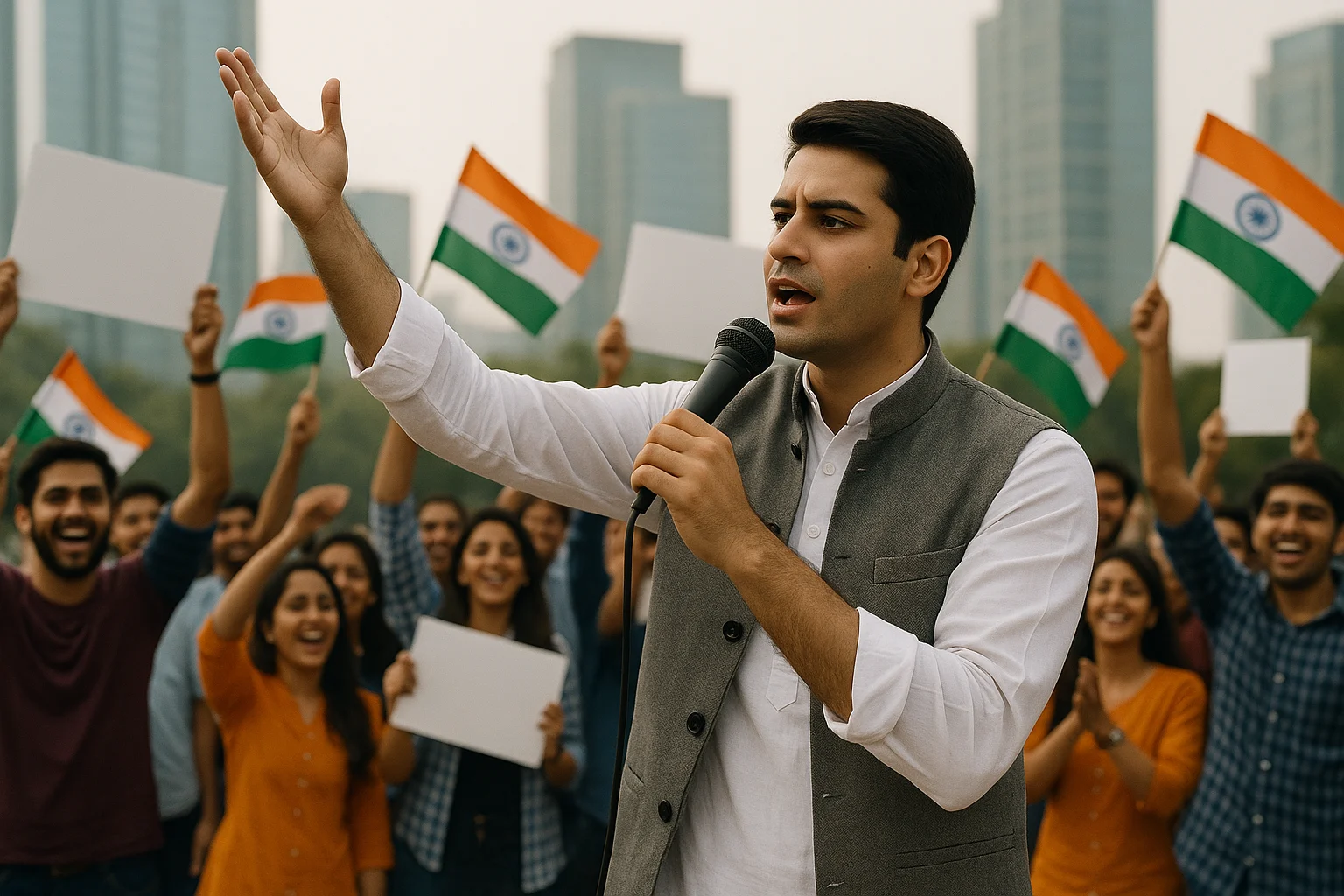
2. Recognition Beyond Boundaries
Being in Gurugram had its advantages. The city’s proximity to New Delhi gave Arjun frequent opportunities to interact with senior national leaders. He was often invited to youth conferences, party meetings, and brainstorming sessions. Many senior leaders admired his potential and even hinted that he could become a Member of Legislative Assembly (MLA) in the near future.
His supporters, mostly the young working professionals and college students of Gurugram, were already preparing for his candidacy in the upcoming Municipal Corporation elections. For them, Arjun was not just a leader—he was a hope for a cleaner, modern, and transparent Gurugram.
3. A Shadow Over the Bright Light
But where success shines, shadows of jealousy are never far behind. In the same party lived a man who had ruled Gurugram’s municipal politics for decades—Vishwanath Sharma, a 76-year-old veteran. He had successfully won eight consecutive elections from his ward, earning him the nickname “Iron Man of Gurugram Politics.”
Arjun admired him greatly. Whenever they met at functions or rallies, Arjun touched his feet, showing the respect that tradition demanded. Yet behind Sharma’s wrinkled smile brewed bitterness. He saw Arjun’s meteoric rise as a threat to his legacy. Though Arjun never openly challenged him, Sharma feared losing relevance in the party once the youth leader cemented his position.
In politics, sometimes rivalry doesn’t need a reason—it only needs insecurity.

4. The Conspiracy
Just two months before the municipal elections, Sharma decided to strike. He knew defeating Arjun in a fair fight was impossible—the youth wing stood firmly with him, and the public sentiment leaned towards change. Instead, Sharma turned to a darker weapon: character assassination.
Through his network, Sharma identified Ankita Verma, a young woman working as a volunteer in Arjun’s team. Ankita came from a financially struggling family, and Sharma saw her vulnerability as his tool. He sent intermediaries with offers—money, job opportunities, and promises of political favors.
Finally, Ankita caved. The plan was diabolical: she would file a false allegation of rape against Arjun.
The moment the FIR was lodged, Arjun’s world collapsed. Police swung into action, and within hours, the young leader was arrested. His supporters gathered outside the police station, chanting slogans of his innocence, but the media had already begun its trial. News channels flashed: “Promising Youth Leader Arrested on Rape Charges.”
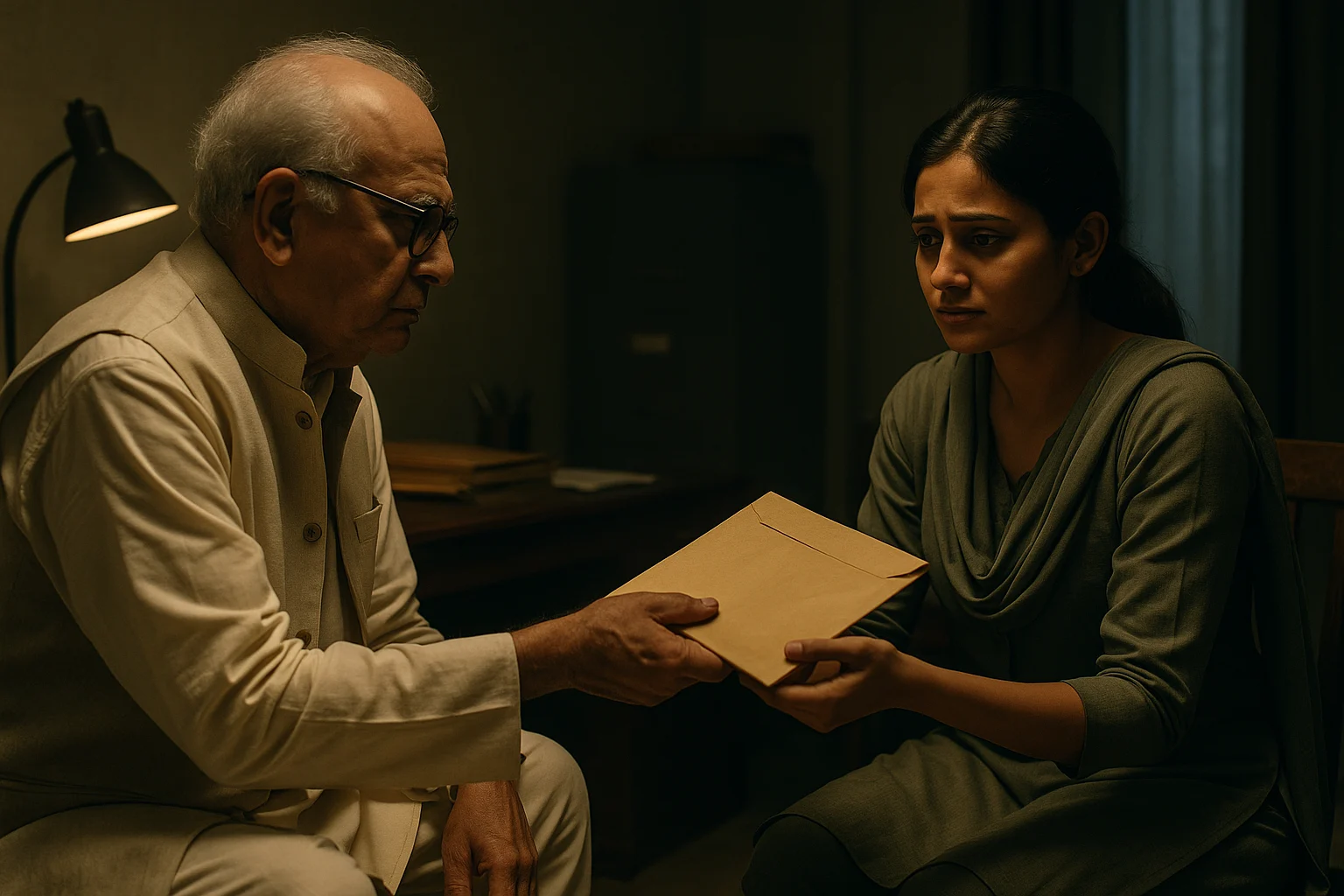
5. The Fall from Grace
Inside jail, Arjun was shattered. He couldn’t believe how quickly life had turned upside down. One day he was preparing speeches for his campaign; the next, he was reduced to an accused criminal.
“Why me?” he asked himself countless times.
His parents cried silently in their small house. Neighbors who once praised their son now whispered doubts. His supporters tried to rally, but the stigma of such a charge was too heavy.
Sharma, on the other hand, celebrated silently. He knew that even if Arjun were innocent, the judicial process would drag for years. By then, Arjun’s career would be destroyed.

6. The Irony of Destiny
But destiny doesn’t always favor conspiracies. Just a month before the elections, Vishwanath Sharma, still fit and confident of his ninth victory, suffered a massive heart attack one morning. By the time his family rushed him to the hospital, he was gone.
The news shook Gurugram. For decades, Sharma had been an unmovable pillar of the city’s politics. Party leaders mourned him publicly, but whispers soon started: “Was his jealousy his downfall?”

7. The Turn of the Tide
Sharma’s death created a vacuum in the party. Sympathy waves flowed, but it also reopened questions about Arjun’s arrest. Slowly, details of the conspiracy began surfacing. Ankita, under pressure and guilt, revealed how she was manipulated into filing false charges.
The truth was ugly, but it brought hope. Arjun was granted bail, and though his name wasn’t cleared completely yet, his supporters doubled their efforts. They now saw him as not just a leader, but as a victim of political treachery.
Arjun stood before the people, eyes filled with pain yet voice steady:
“Friends, they tried to silence me with lies. But I stand here today to tell you—I will fight. Not just for me, but for every young person who believes honesty still has a place in politics.”

8. Emotions, Drama, and Public Response
The city rallied around him. Mothers blessed him like their son. Youngsters took to social media, launching campaigns with hashtags like #JusticeForArjun and #YouthWillRise. Even national leaders began to notice the groundswell of support.
Arjun fought the elections with limited resources, but with unmatched sincerity. His campaign was no longer just about civic issues—it was about truth versus lies, old versus new, hope versus fear.
9. Conclusion – The Verdict of Fate
The elections came, and the results shocked many. Arjun won his ward by a record margin, silencing critics and proving that the people’s voice was stronger than conspiracies.
Years later, when he looked back, he realized that the conspiracy meant to destroy him had actually made him stronger, giving him both maturity and resilience.

Moral of the Story
Jealousy and conspiracy may bring temporary victories, but destiny favors truth and perseverance. Evil intentions, no matter how powerful, cannot overshadow honesty forever.
Receive Stories and Articles in your Inbox!
We won’t send any promotional or spam emails.
